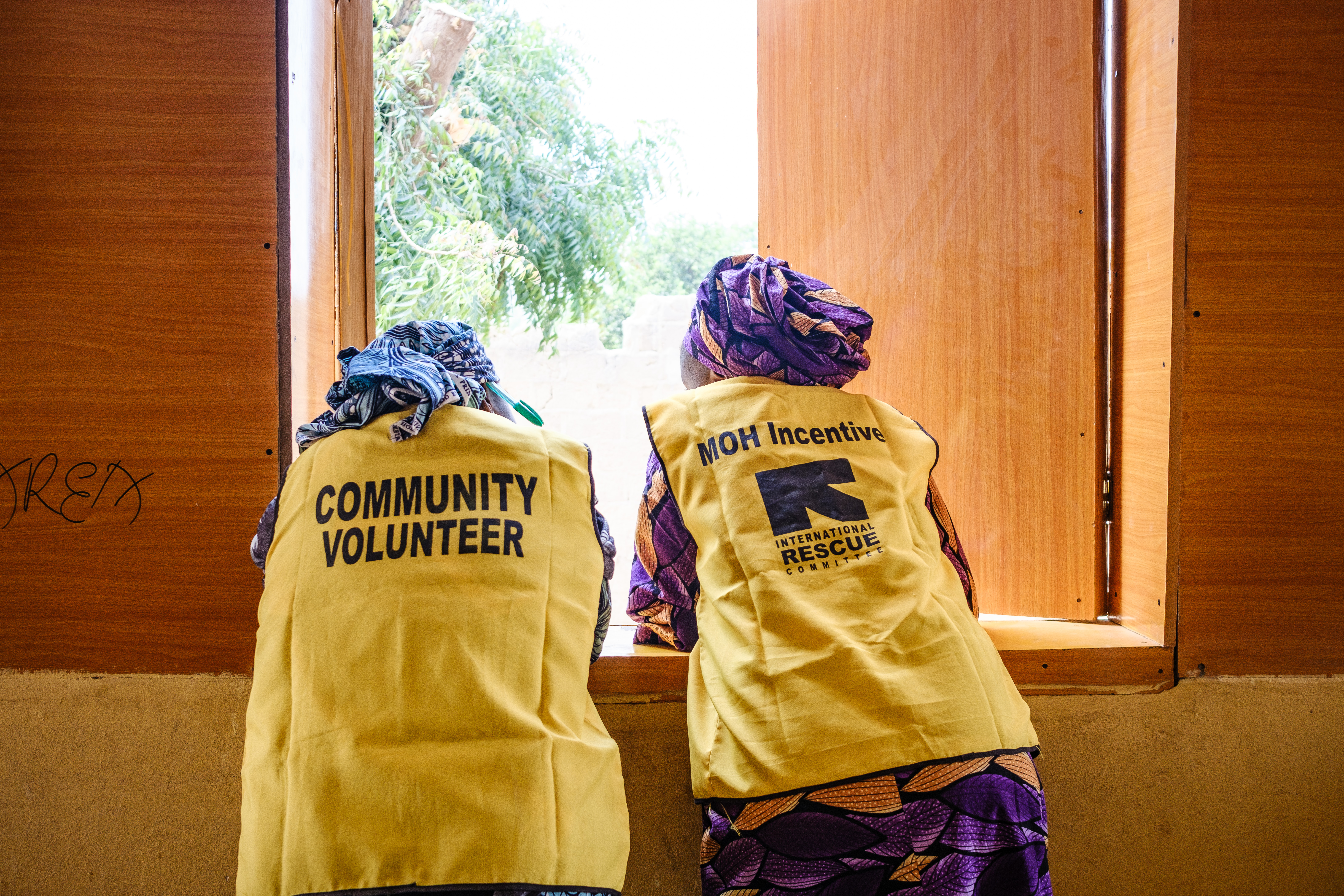About Us
Research and Innovation at the International Rescue Commitee
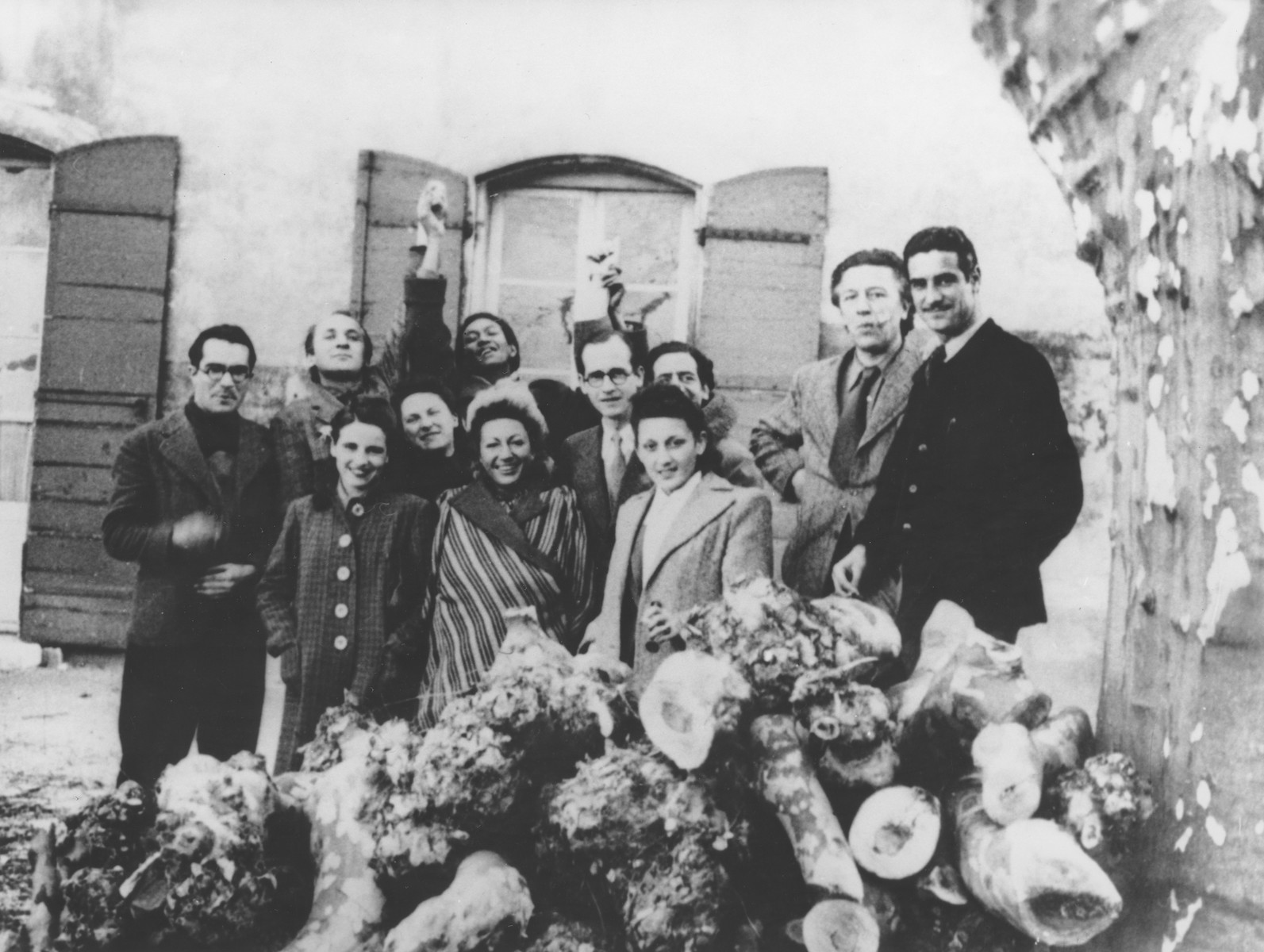
Why Airbel
Airbel is named for Varian Fry, who arrived in Marseilles in 1940 with $3,000 and a mission: to help people escape occupied France. There he established the Air-Bel Villa, a secret safe house that helped thousands of people escape to freedom.
Like all heroes of the early International Rescue Committee, Fry had no playbook or standard operating procedure to guide him. He learned by doing, applying ingenious methods, embracing inventive thinking, taking calculated risks, and building on success. This spirit has persisted for over 75 years and echoes throughout all of our programs worldwide.
Our Team
More than 100 people from 12 countries around the world
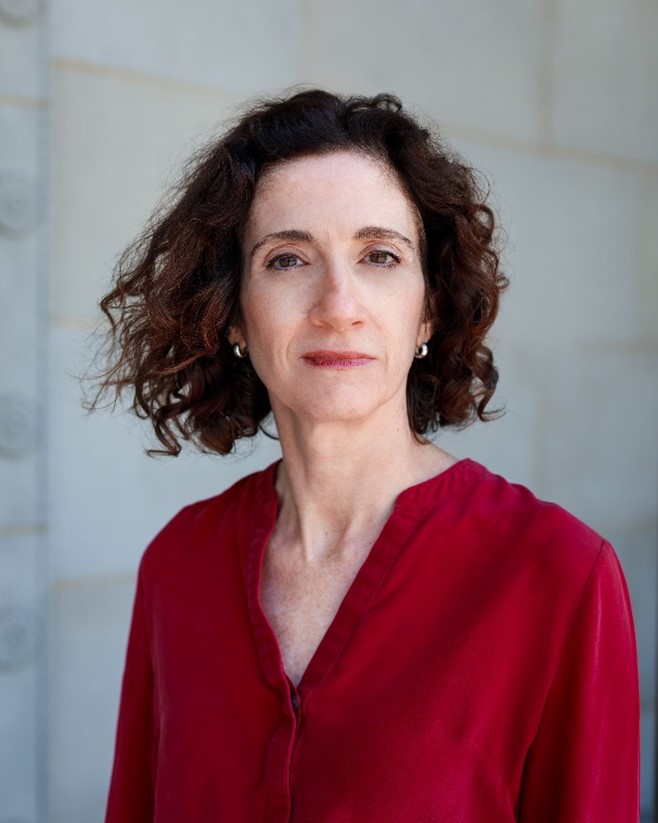
Senior Vice President, Chief Research and Innovation Officer
Jeannie Annan, PhD, is the International Rescue Committee’s Chief Research and Innovation Officer, leading the agency’s efforts to design, test, and scale life-changing solutions for people affected by conflict and disaster. Jeannie co-founded the Airbel Impact Lab, a team of researchers, designers, behavioral scientists and analysts working with technical experts, frontline staff and partners to find high impact and scalable products and services in more than 30 crisis-affected countries around the world.
Dr. Annan’s own research focus has been to develop and test economic, behavioral, and mental health interventions to prevent violence and to mitigate its psychological and social consequences on women and children. She started her career leading education and psychosocial programming in Kosovo, northern Uganda and South Sudan. She is an Associate at the Pearson Institute for the Study and Resolution of Global Conflicts at the University of Chicago. She is also a research affiliate at Innovations for Poverty Action and academic lead on their initiatives on humanitarian and forced displacement and on intimate partner violence. She holds a PhD in Counseling Psychology from Indiana University-Bloomington. She was a post-doctorate fellow at Yale University and NYU and a visiting scientist at the Harvard T.C. Chan School of Public Health.
Leadership
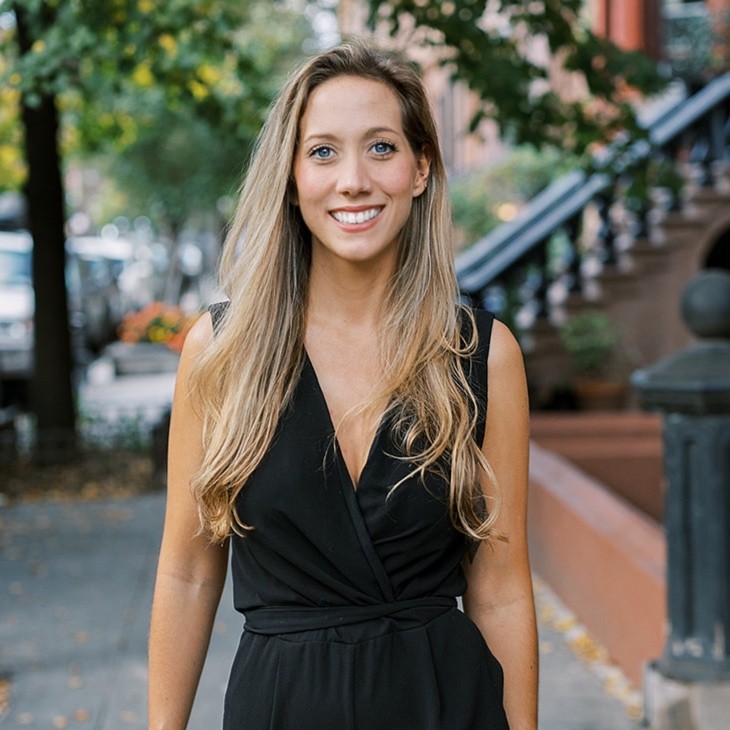
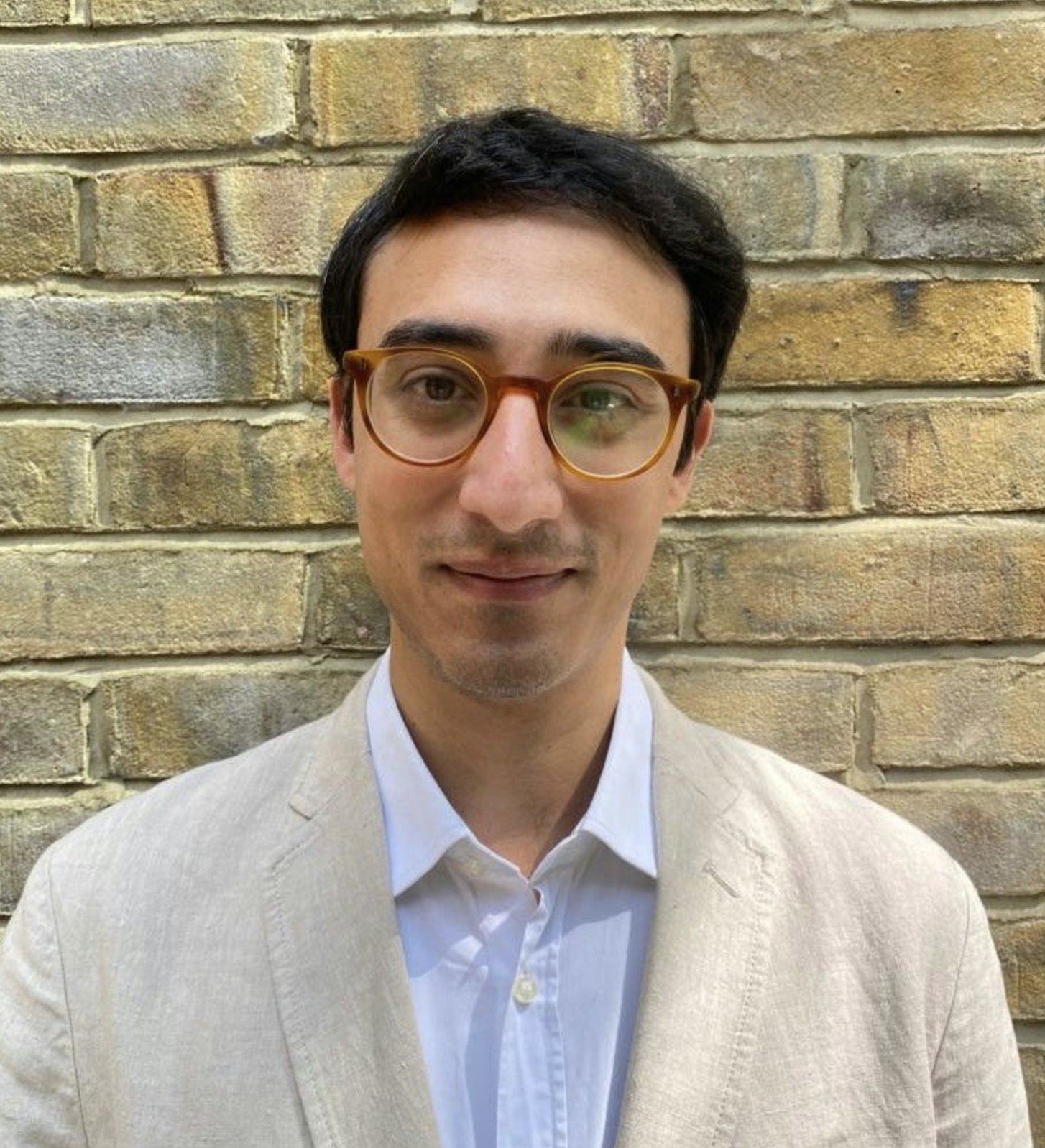
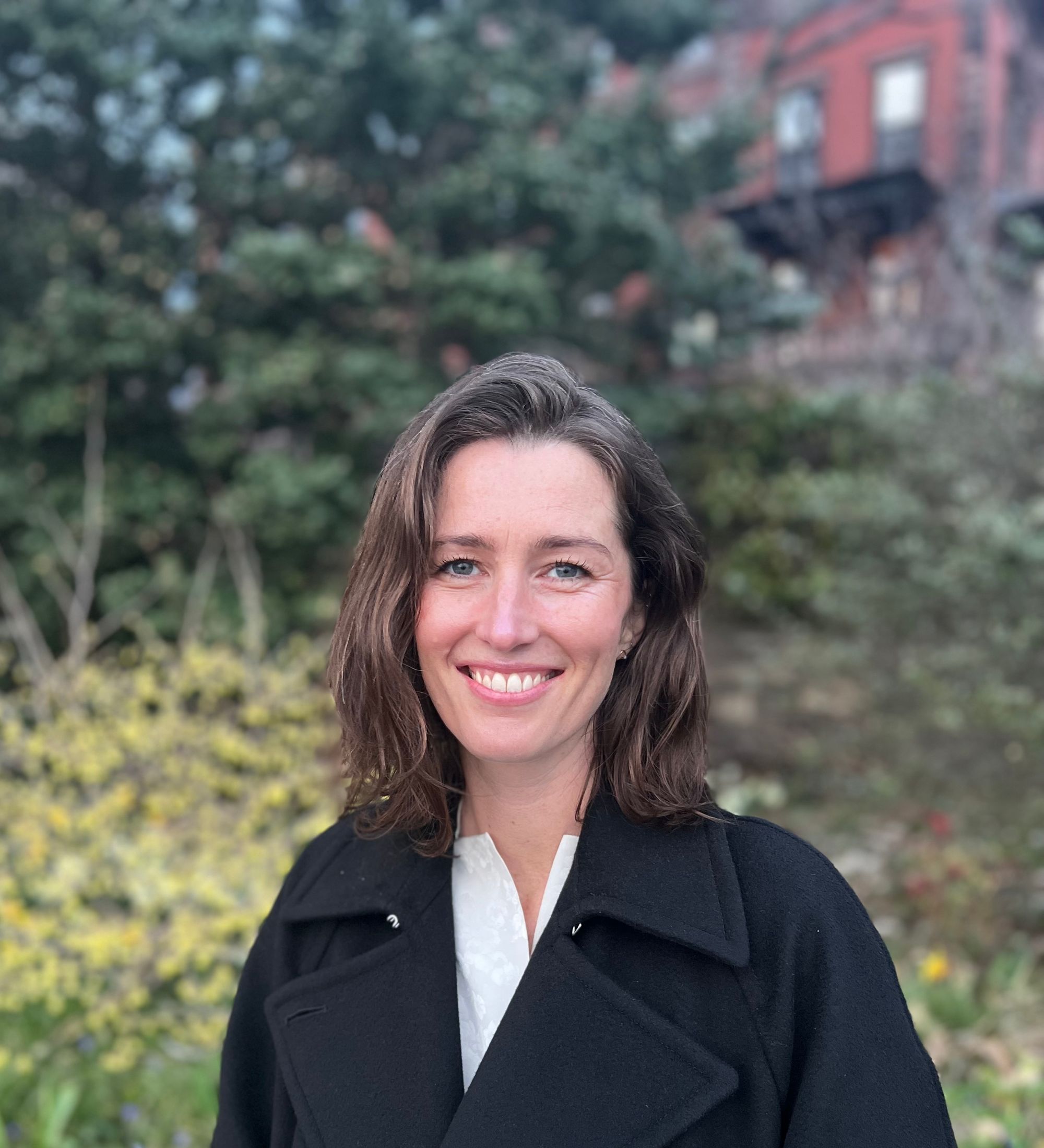
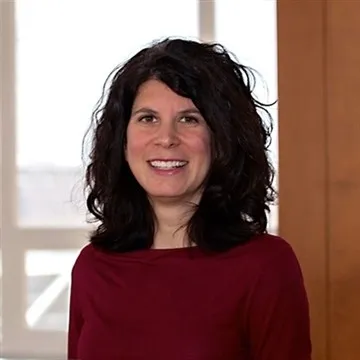
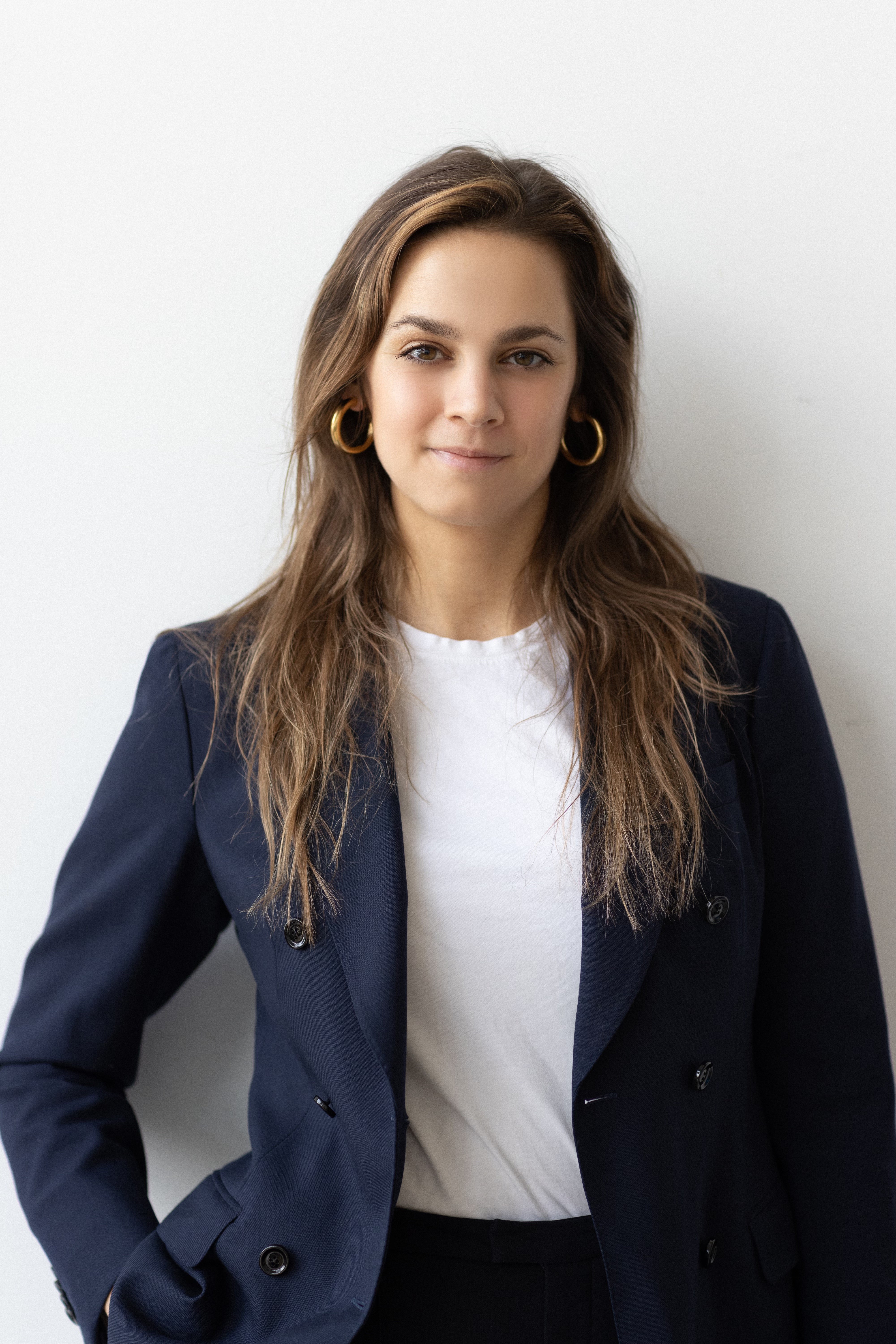

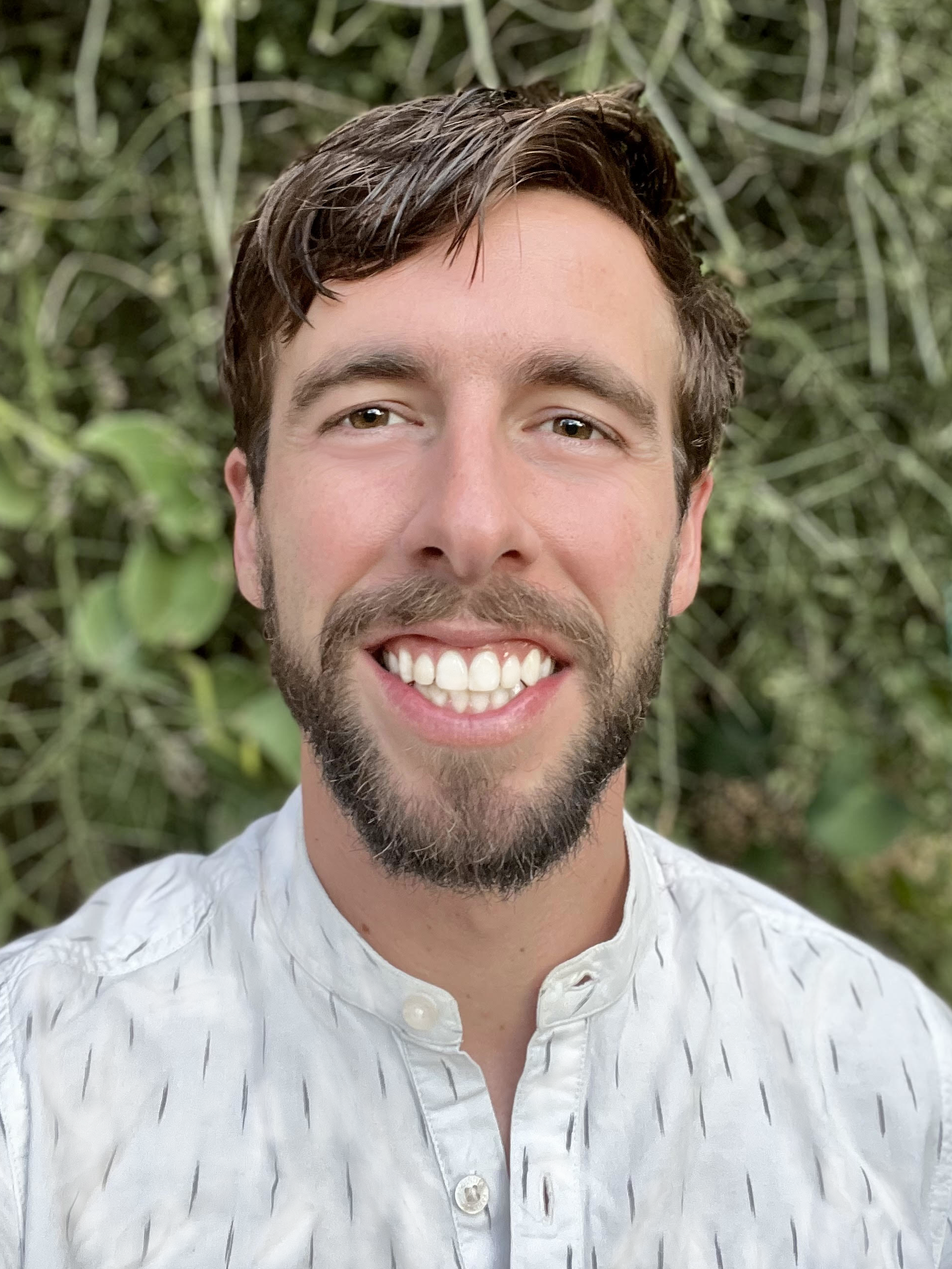
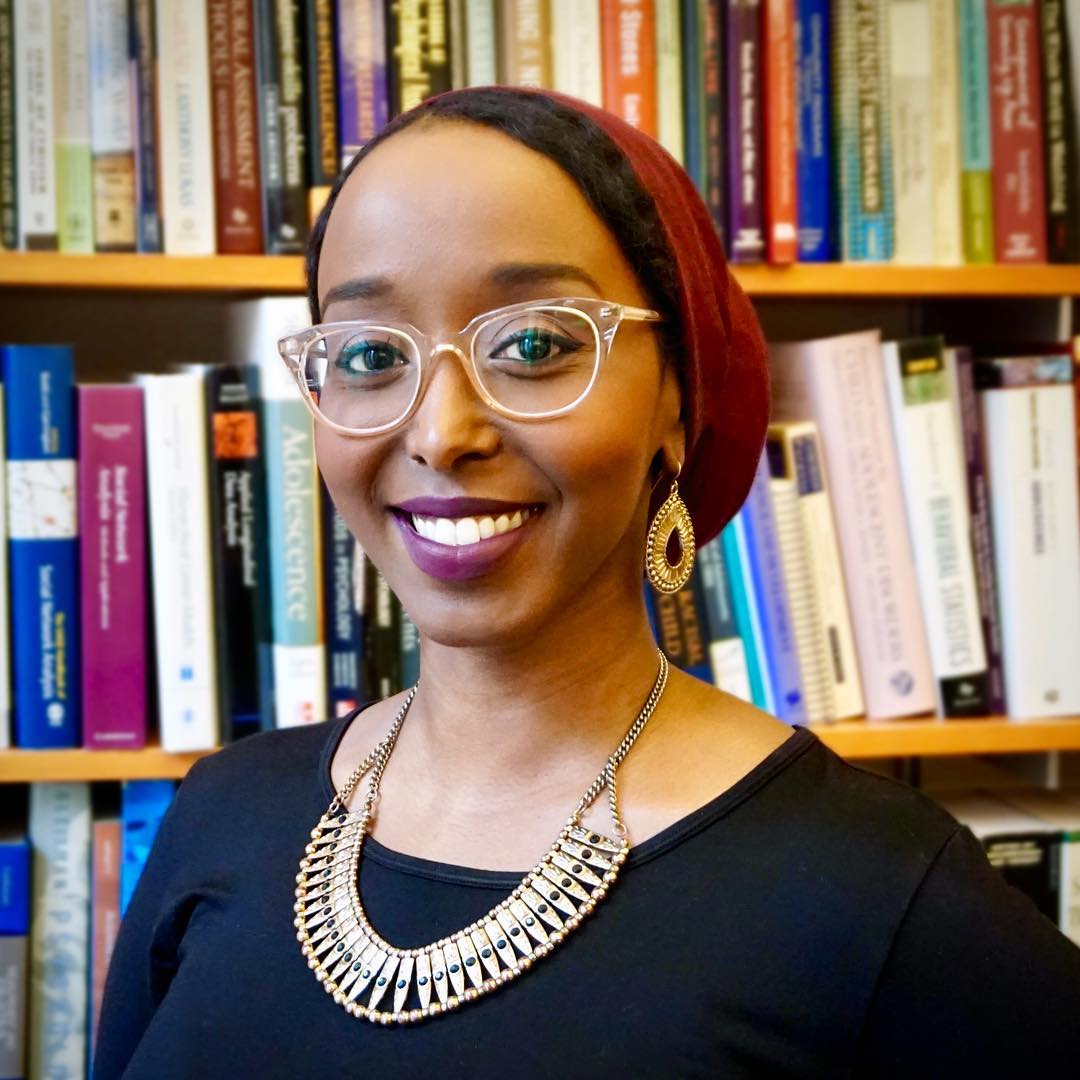
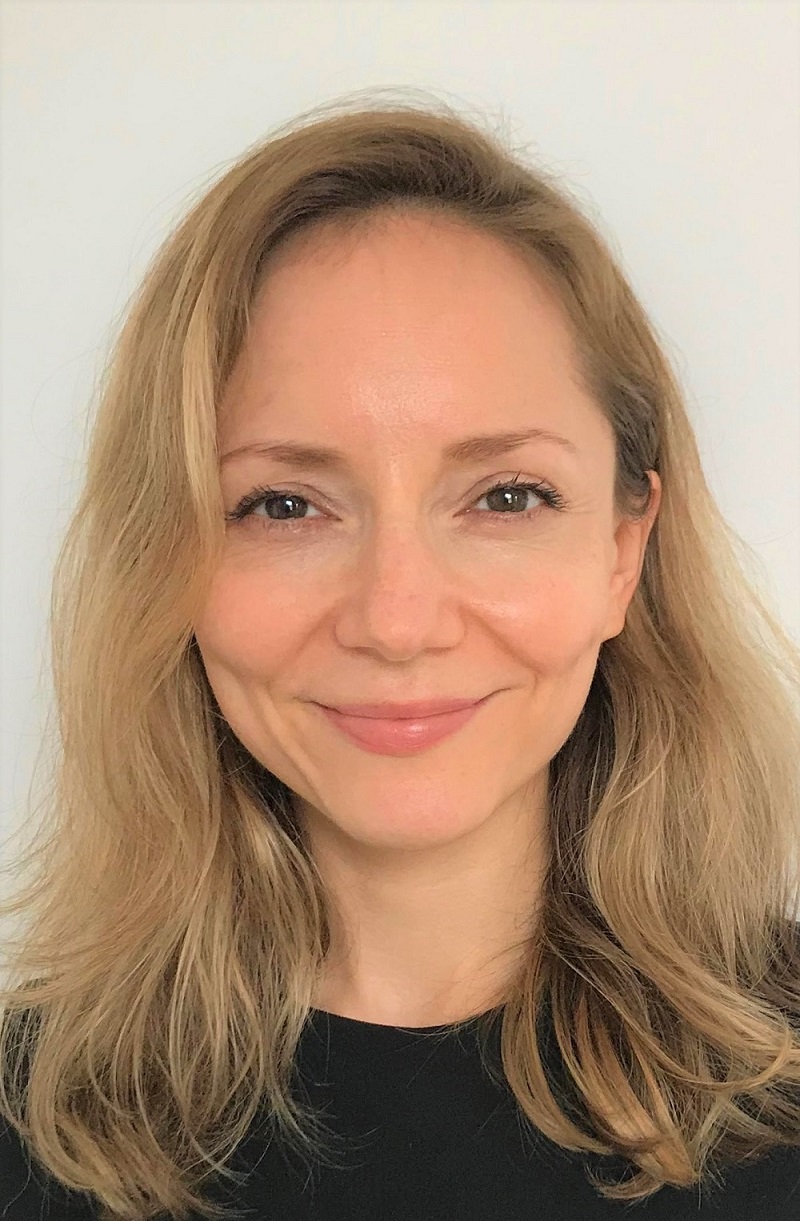

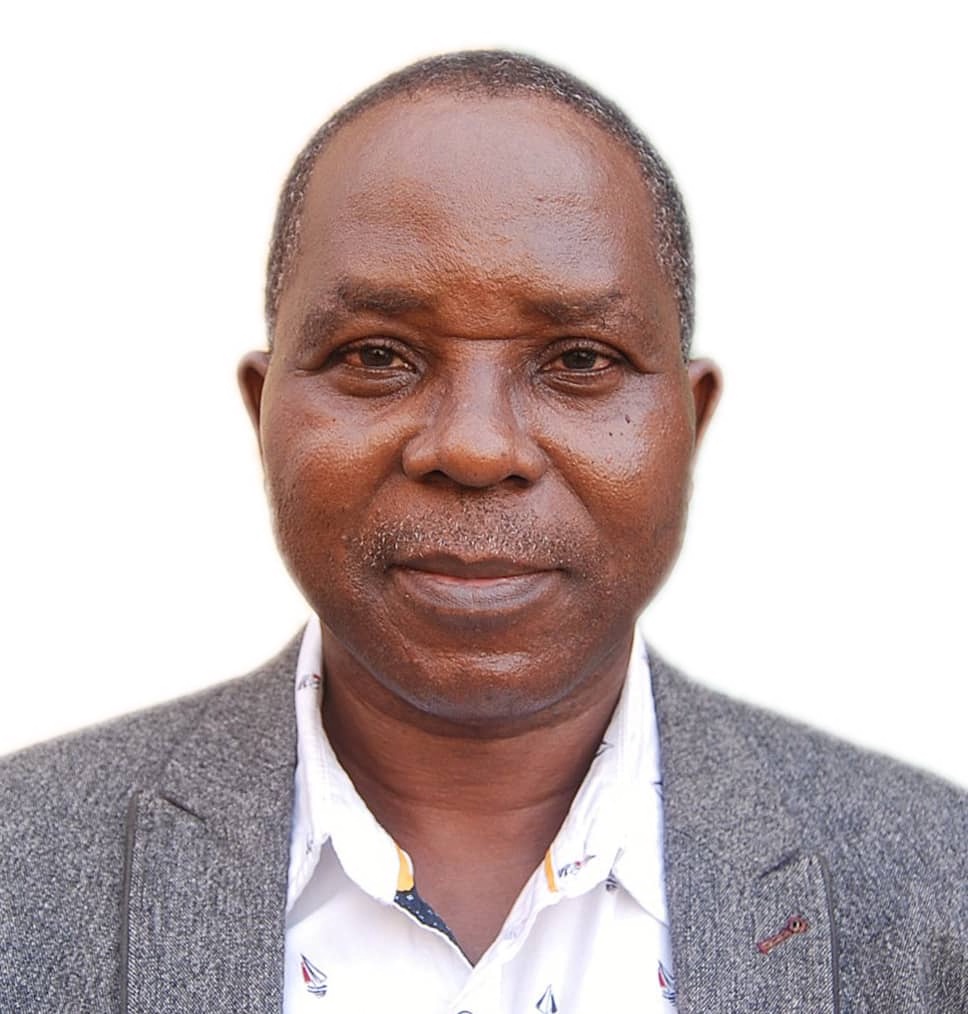
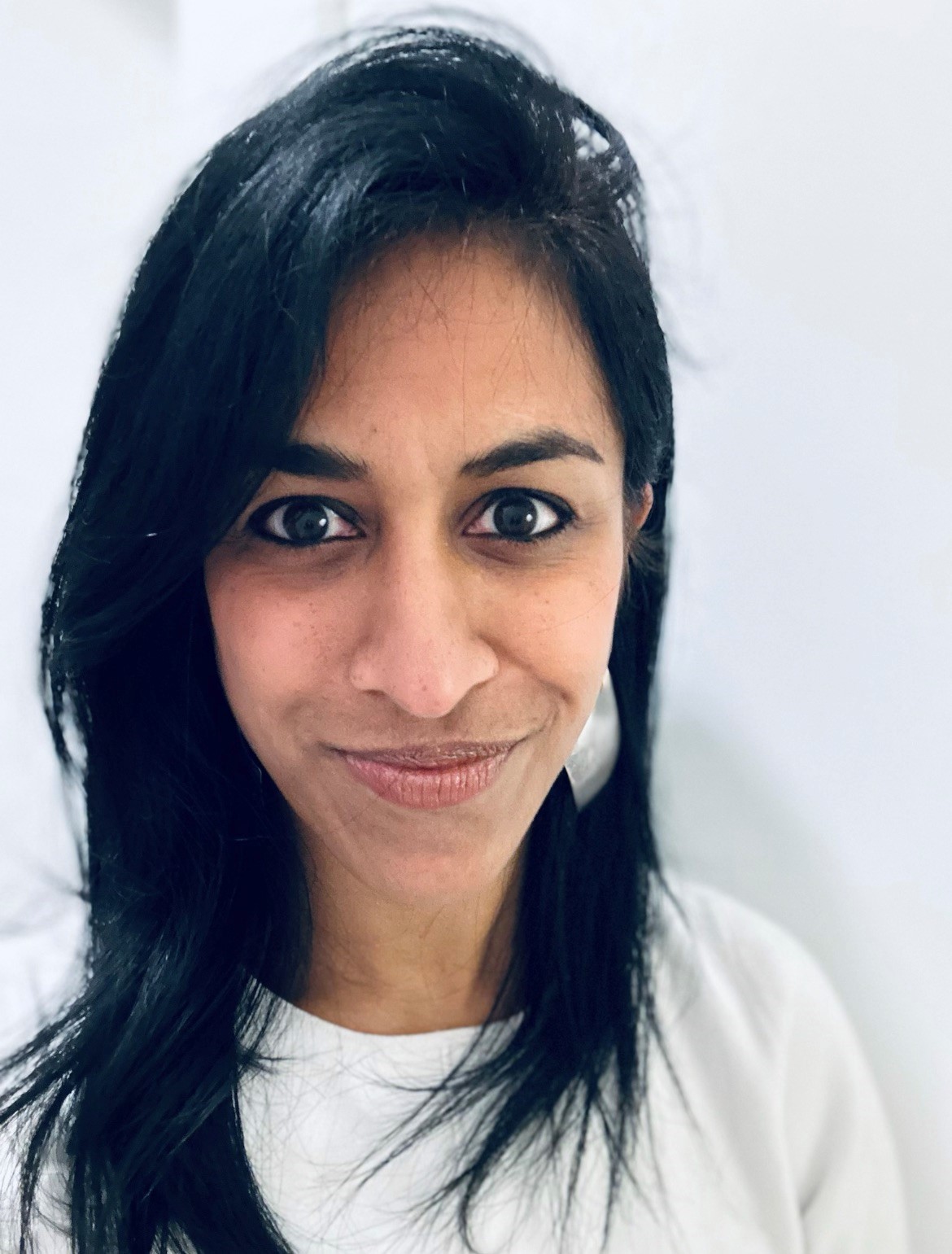
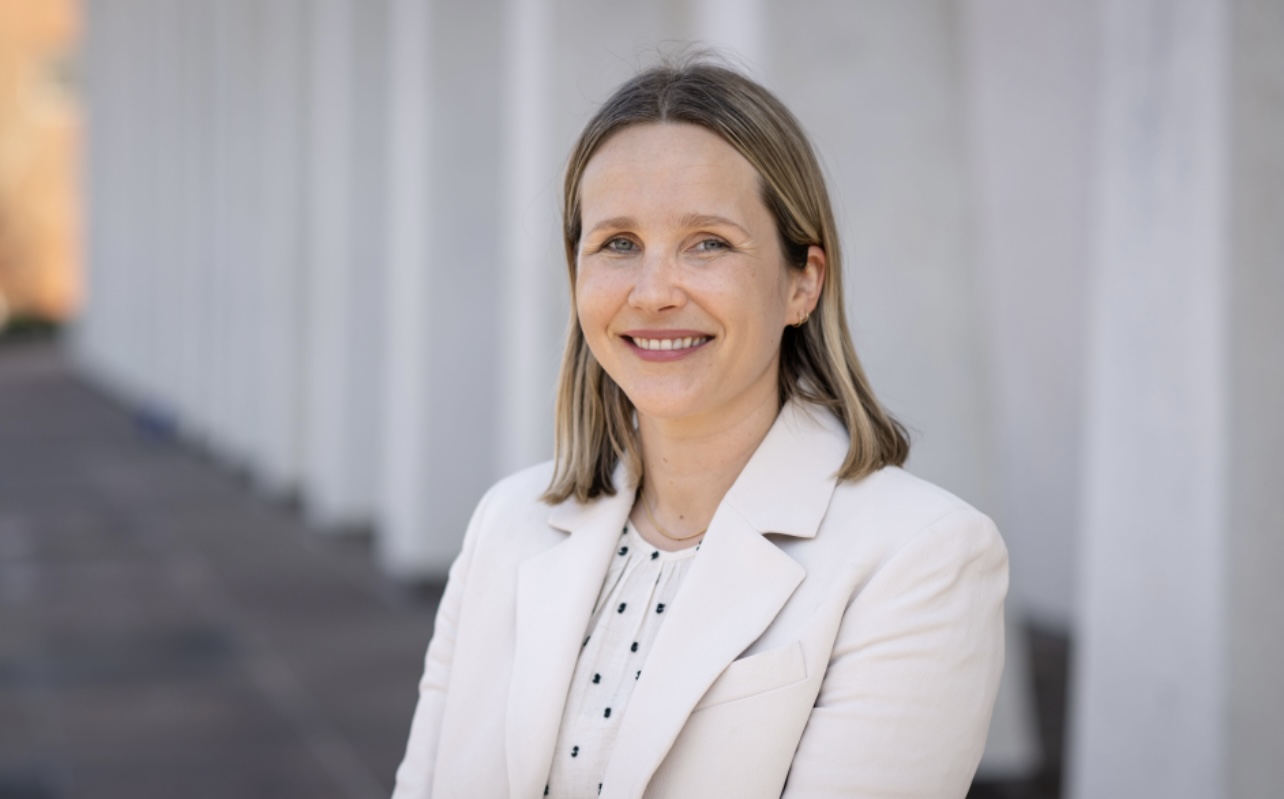
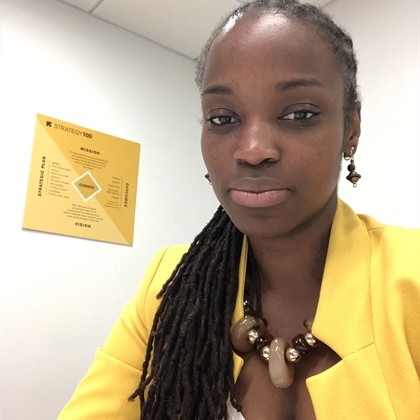
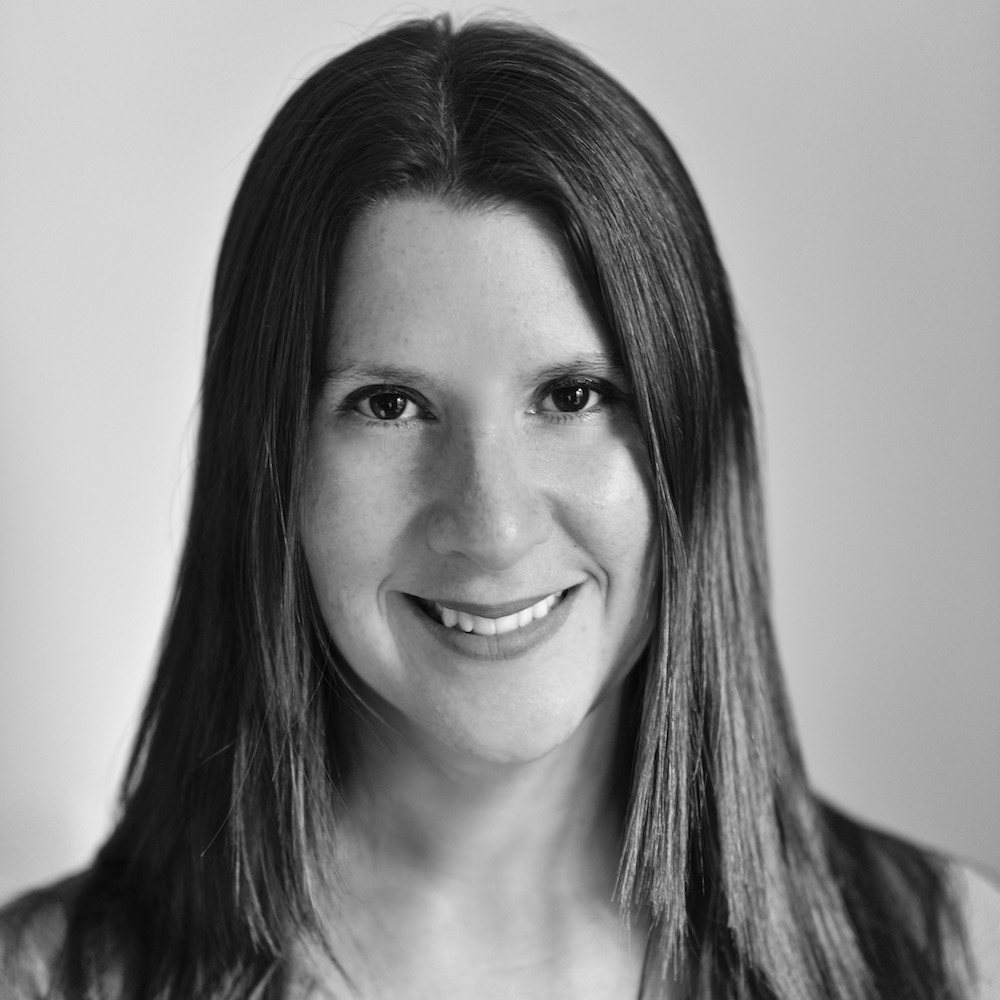
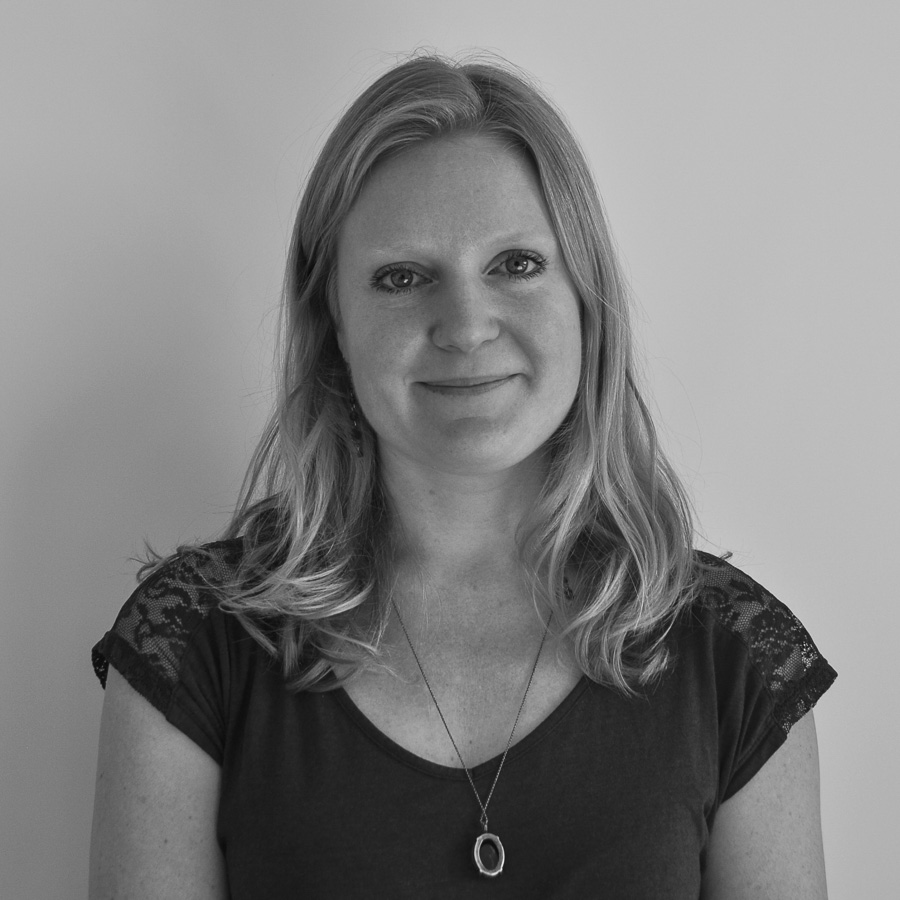
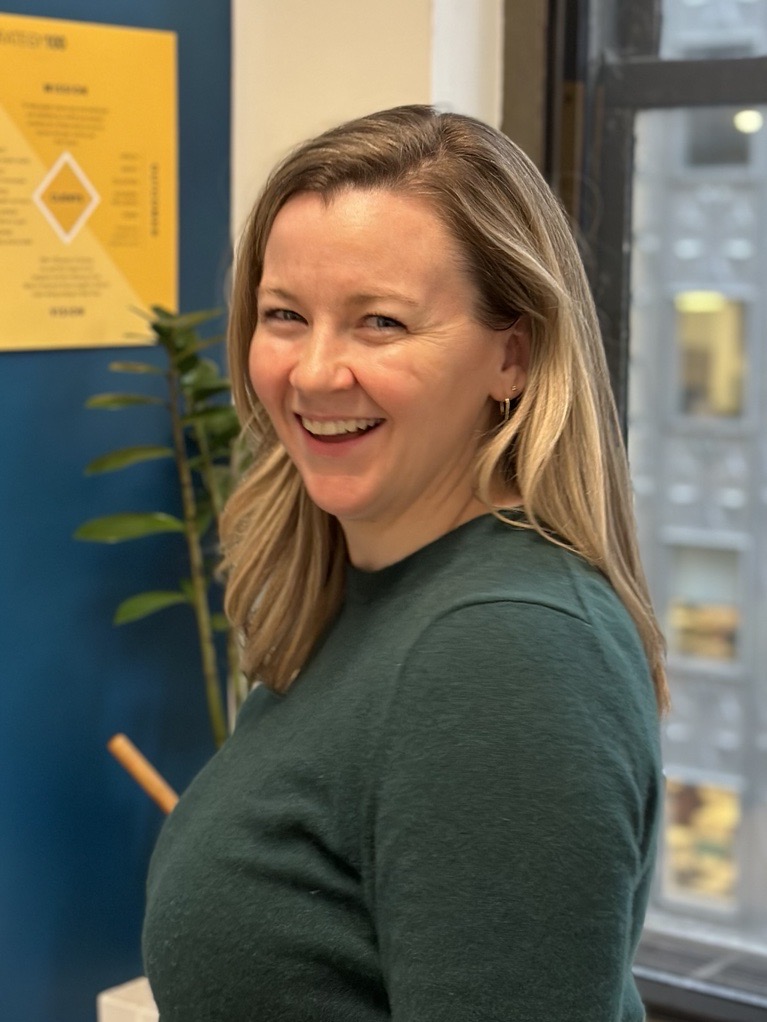
Full Team
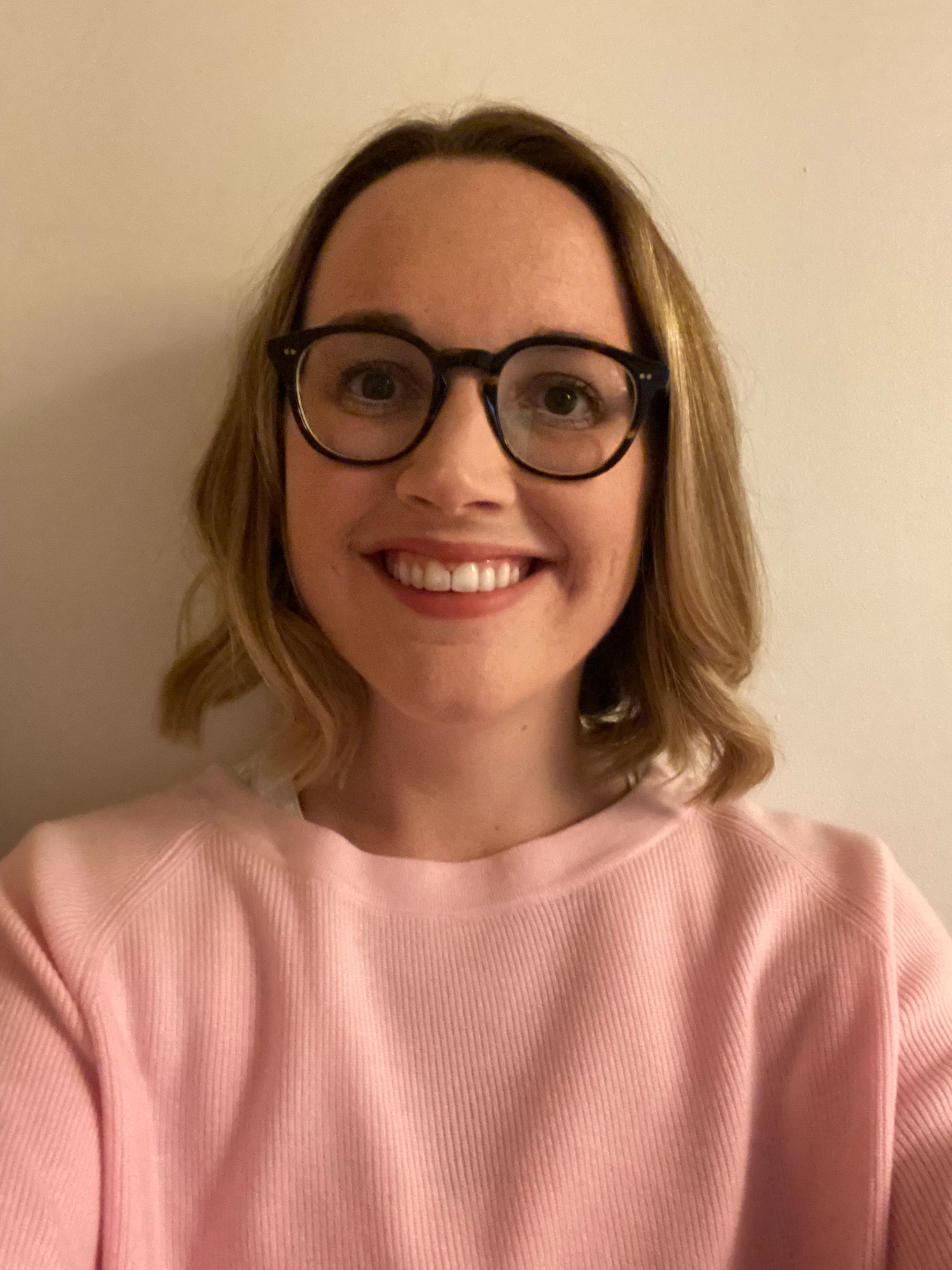
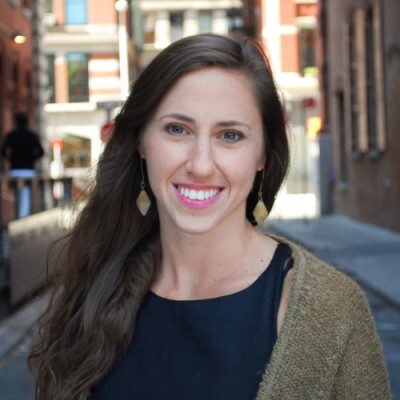

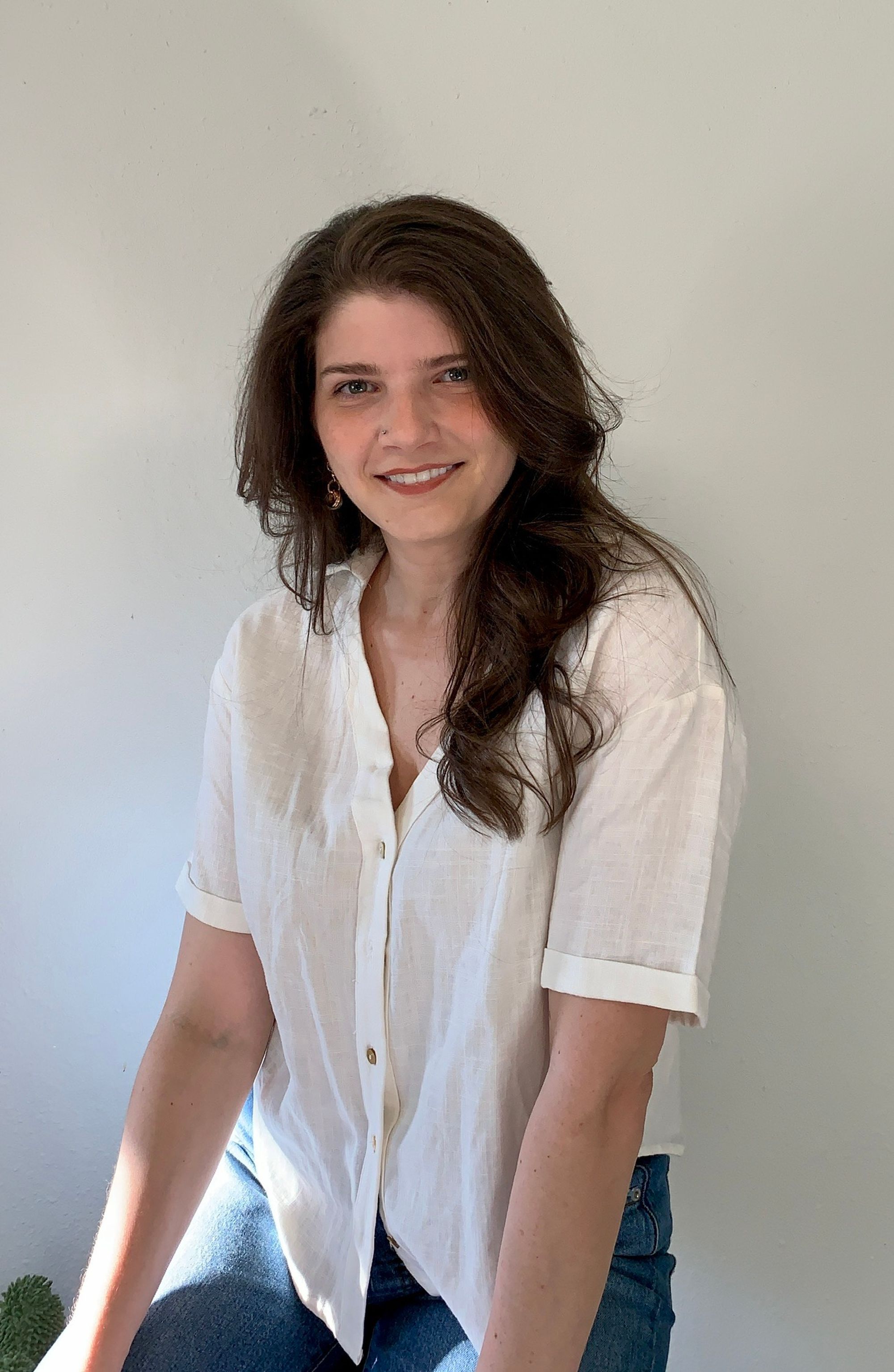

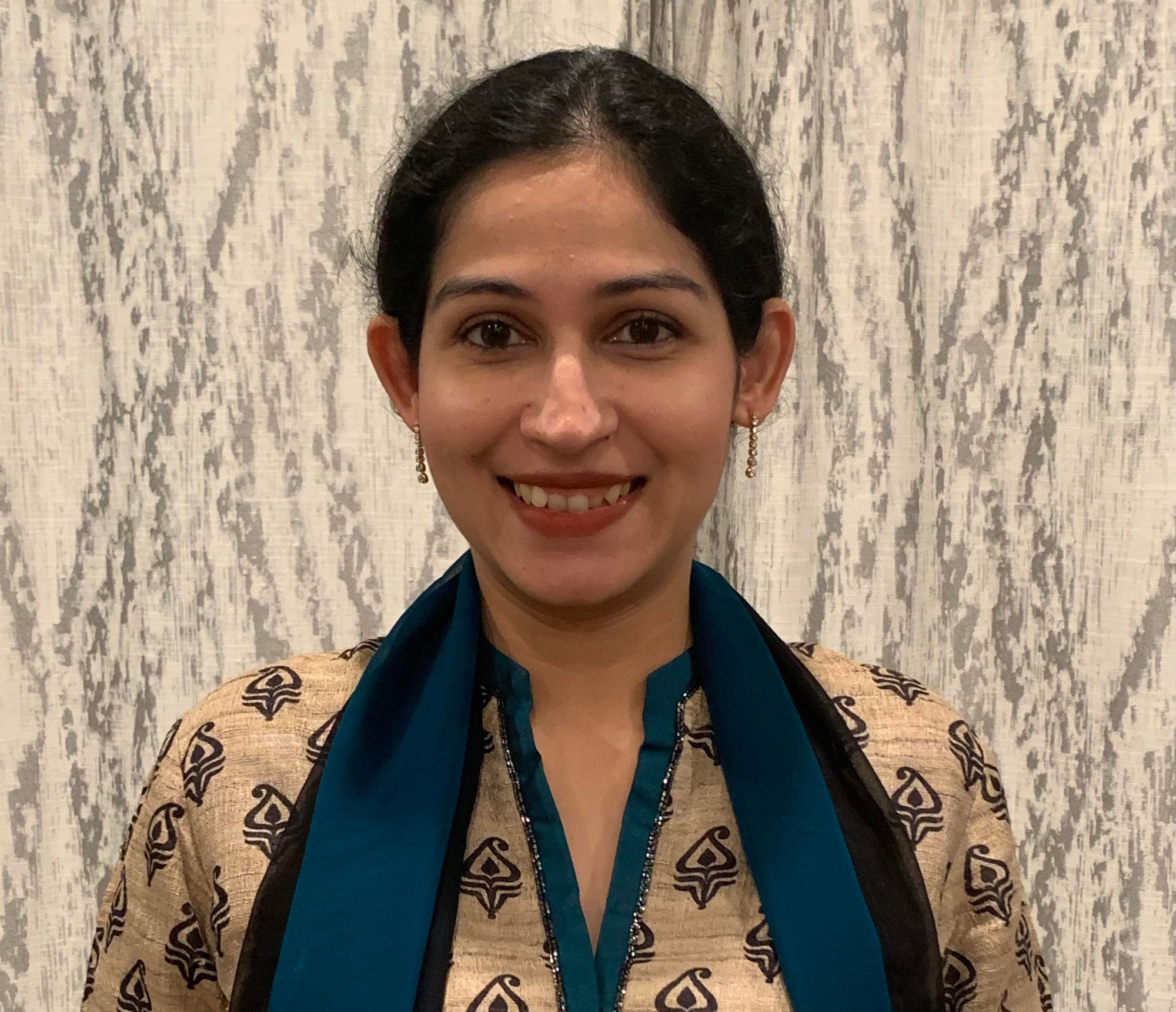


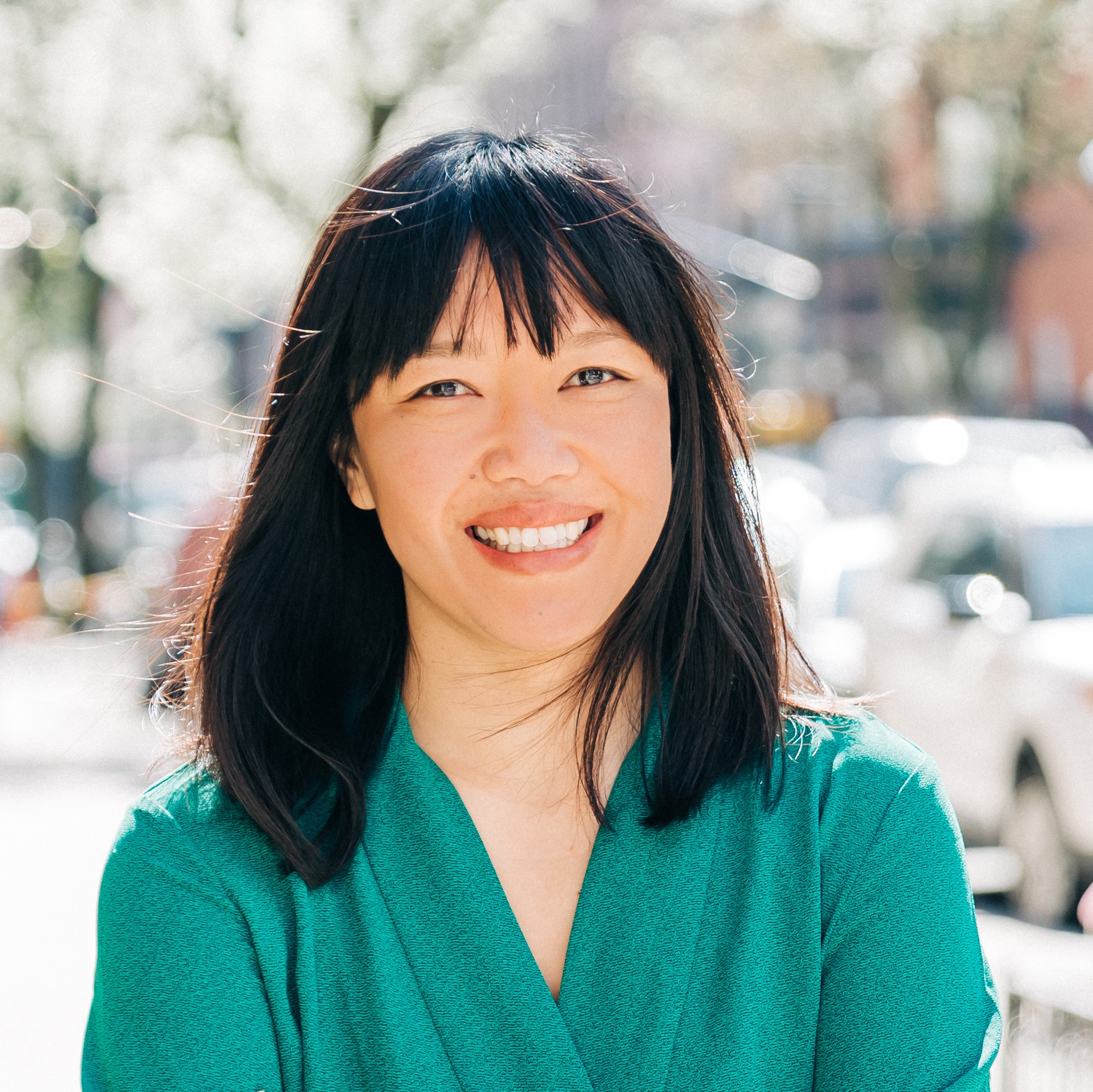
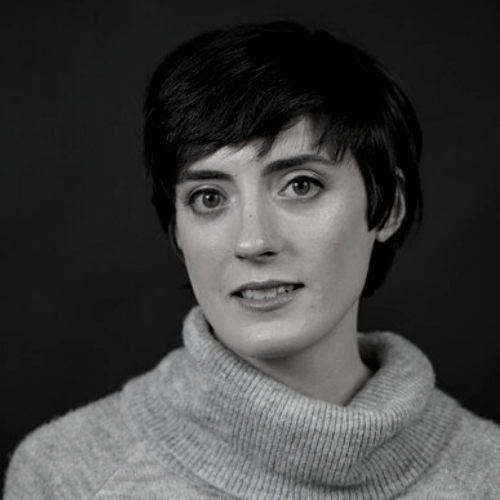

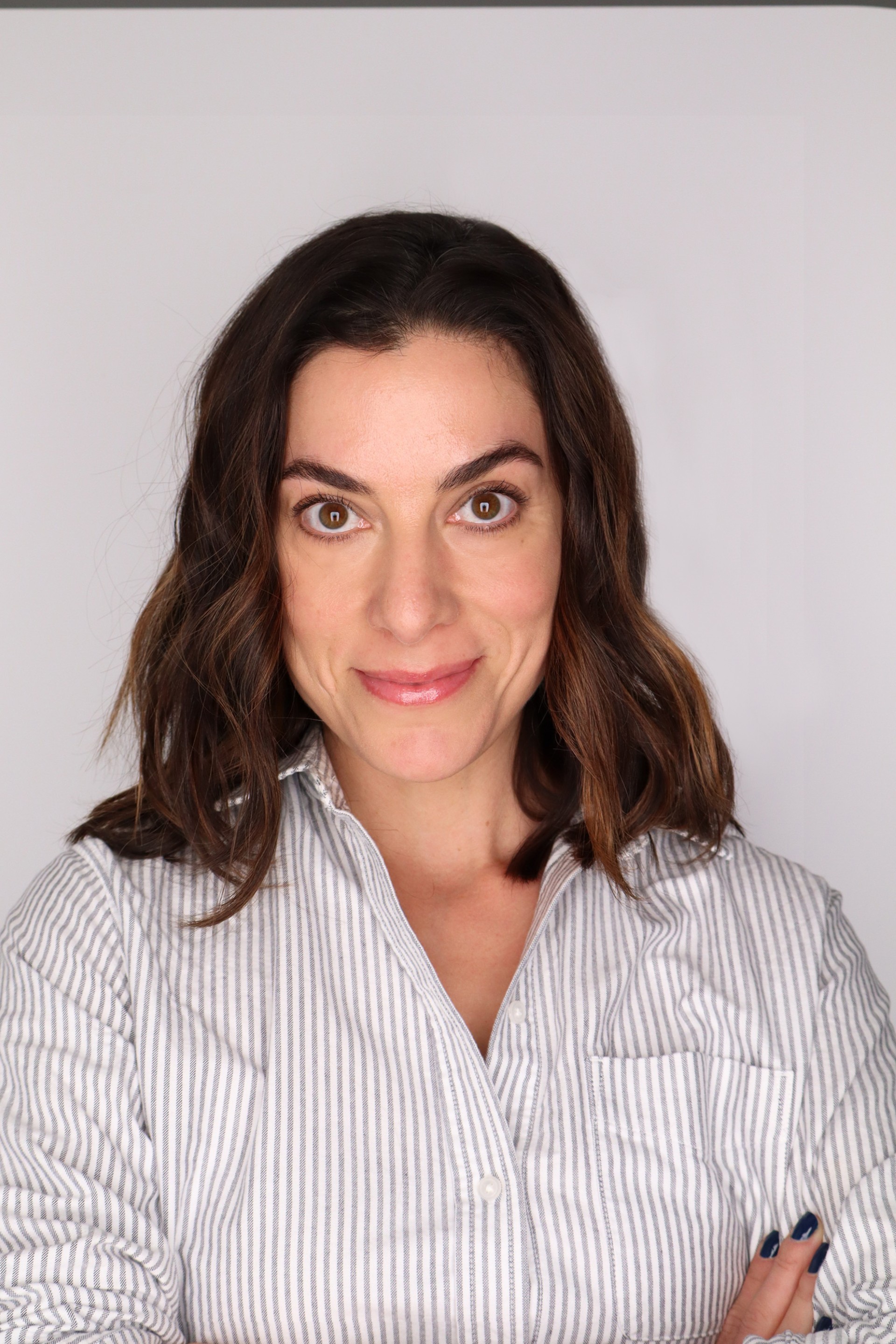

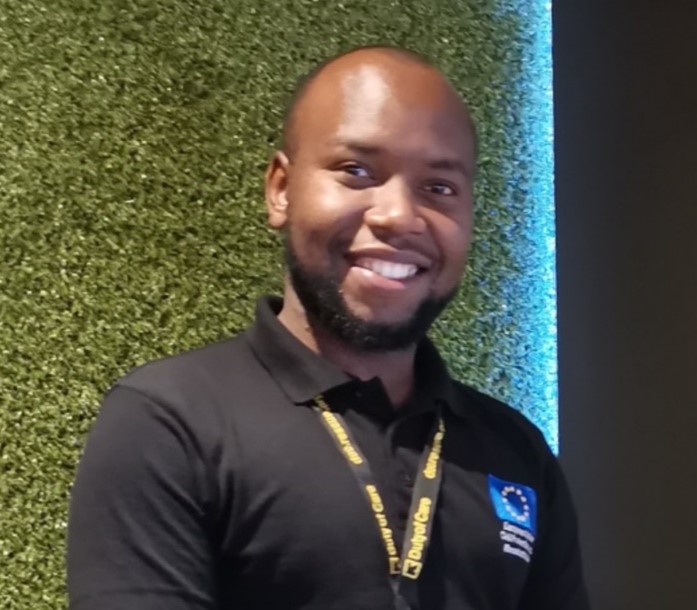
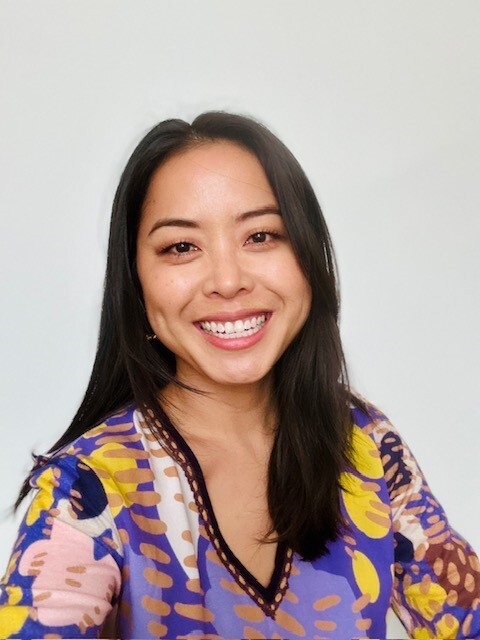

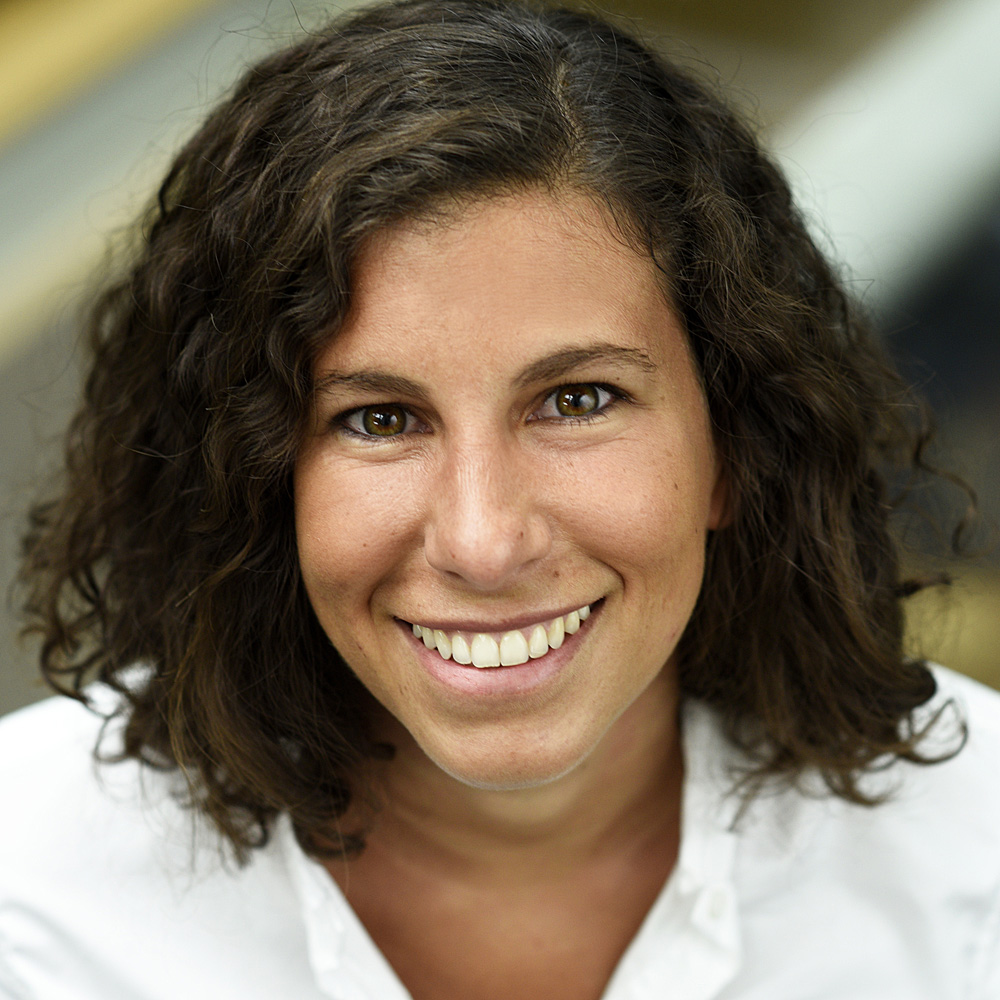

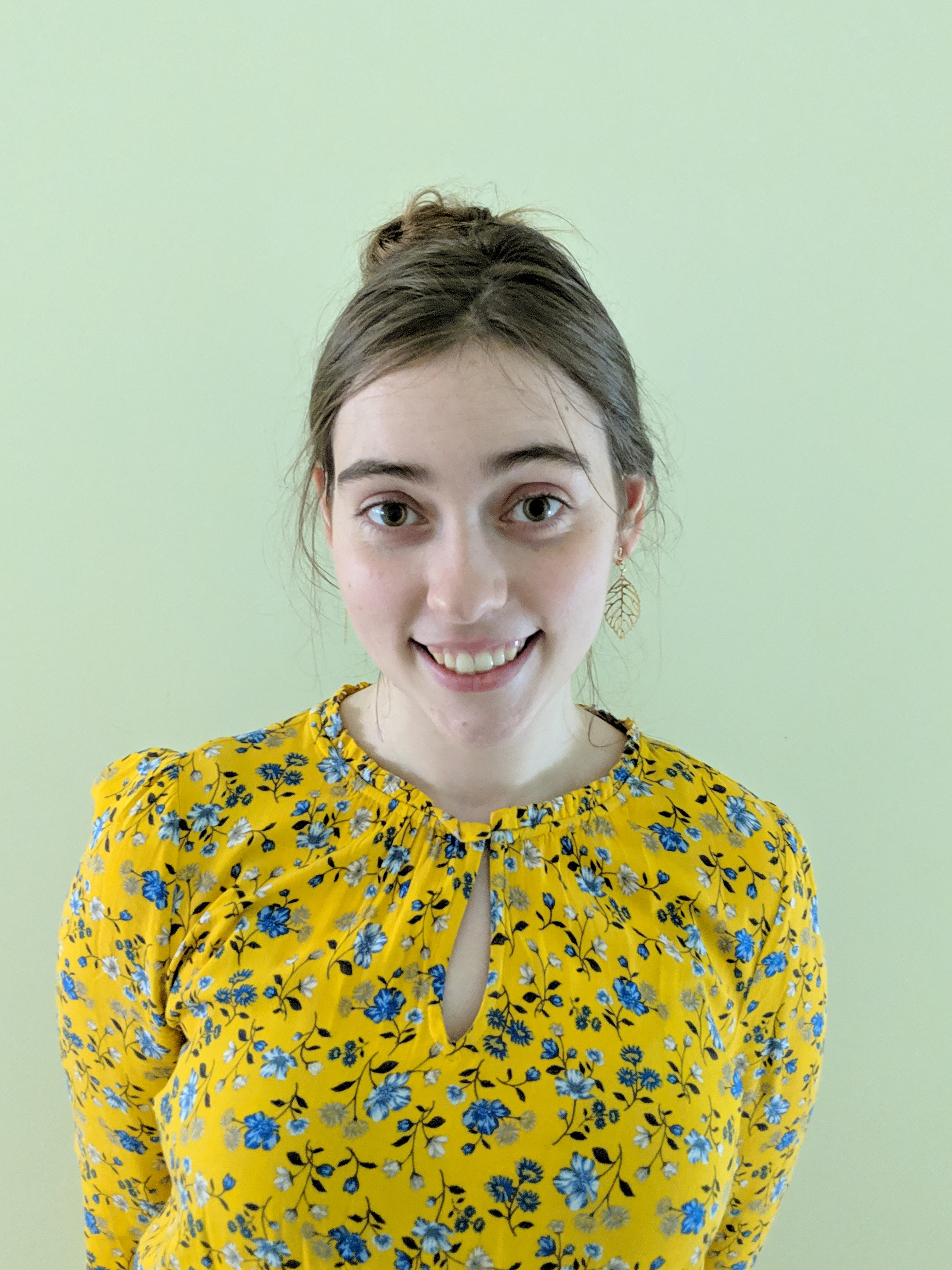



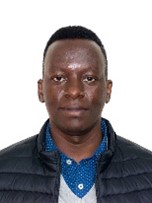



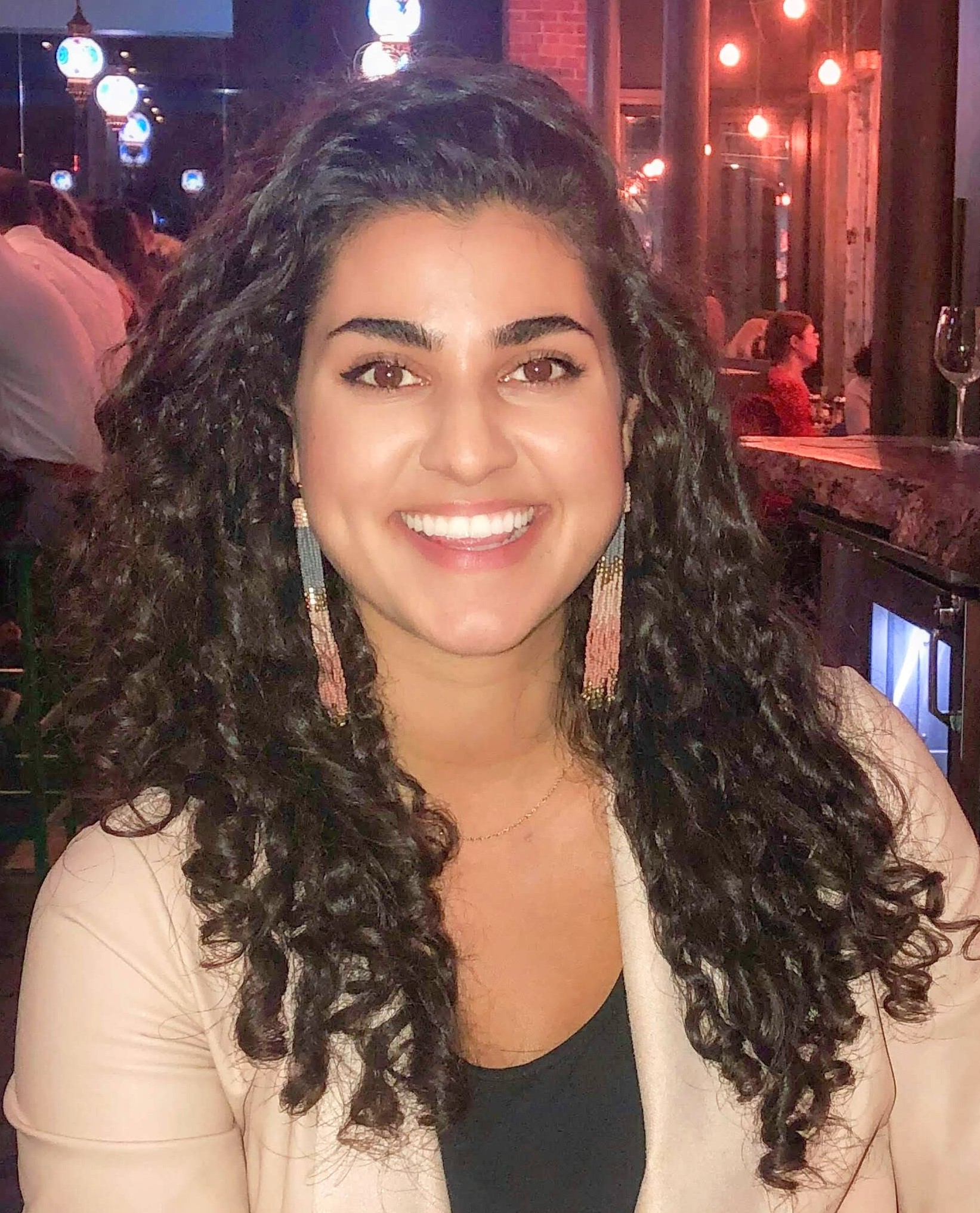
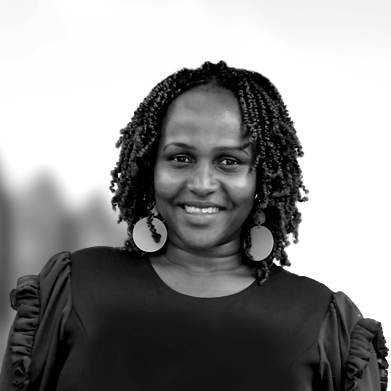
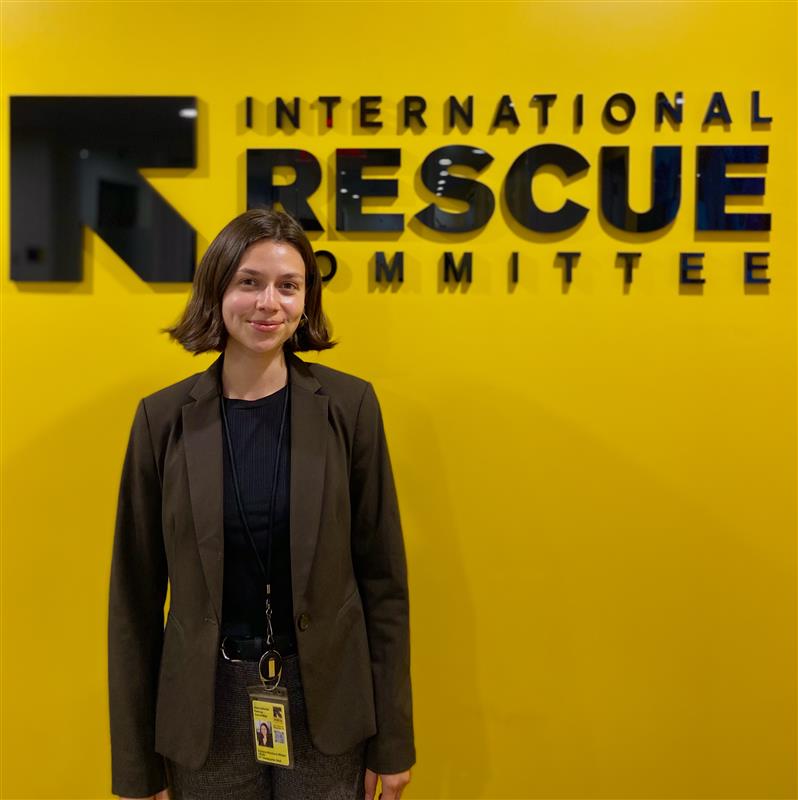

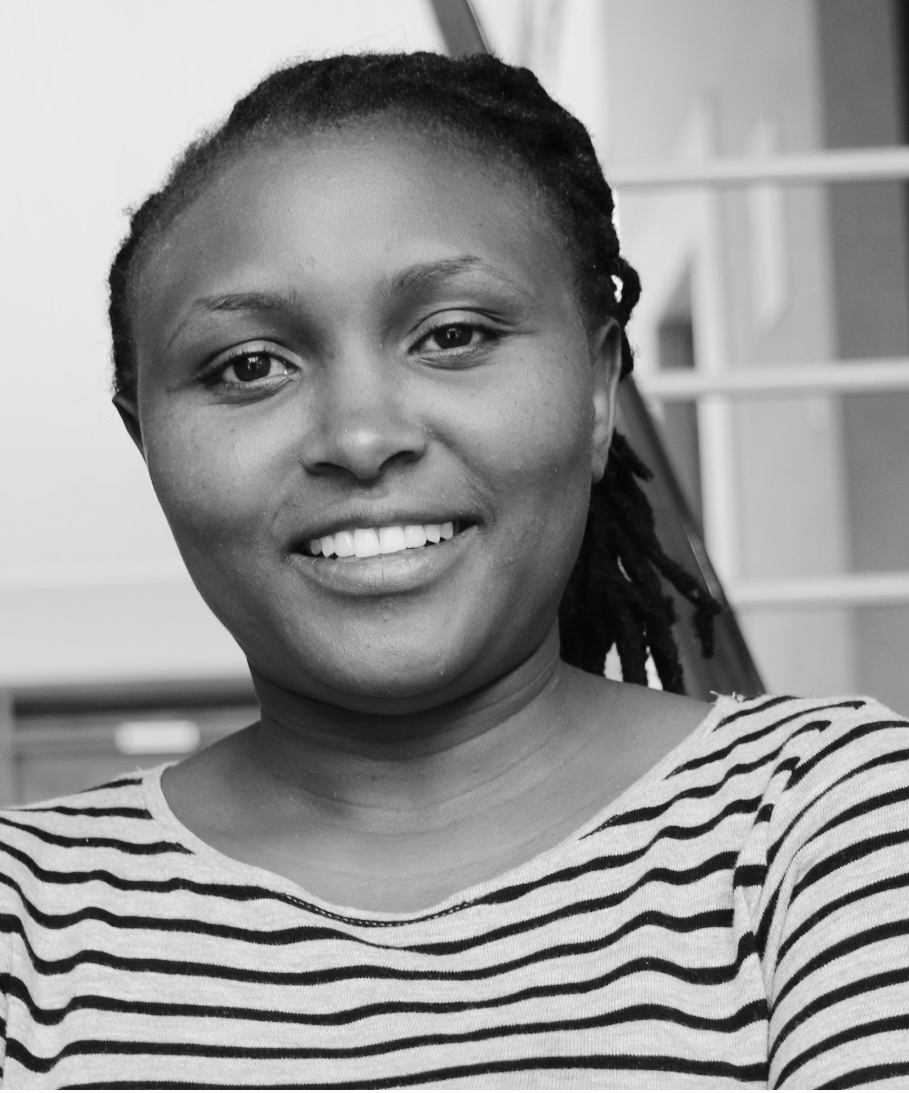
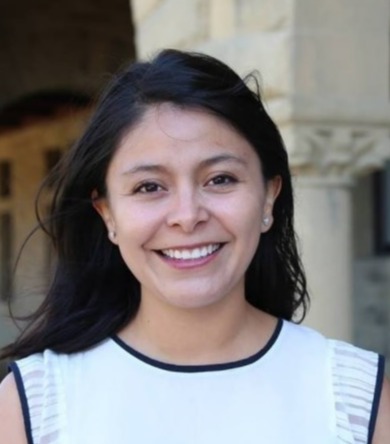
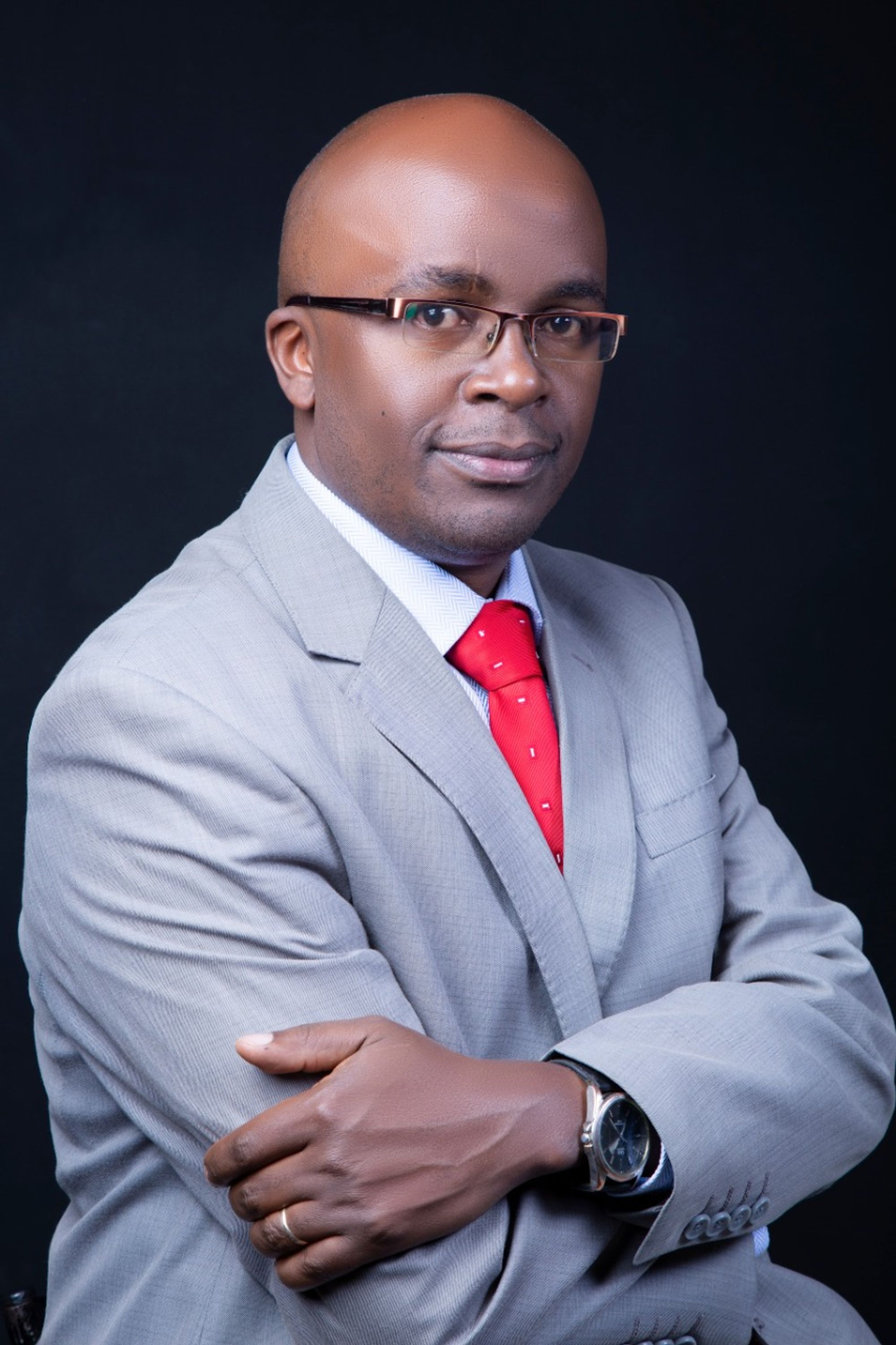

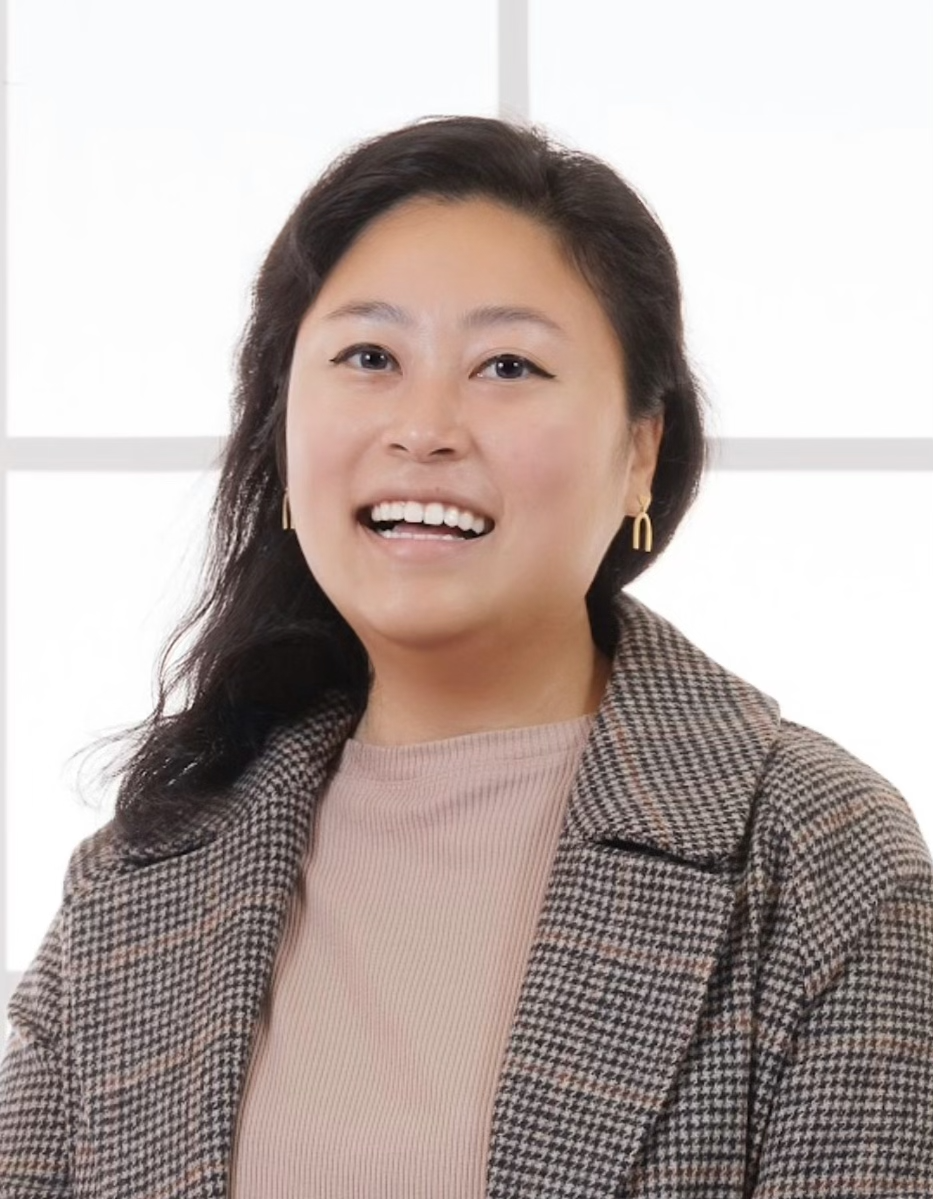
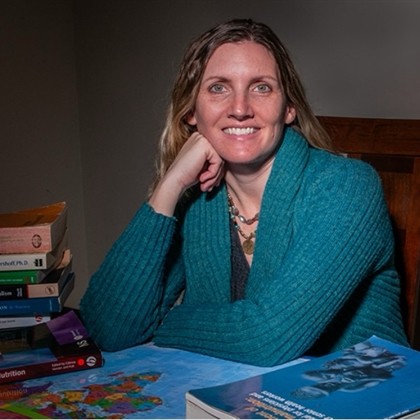
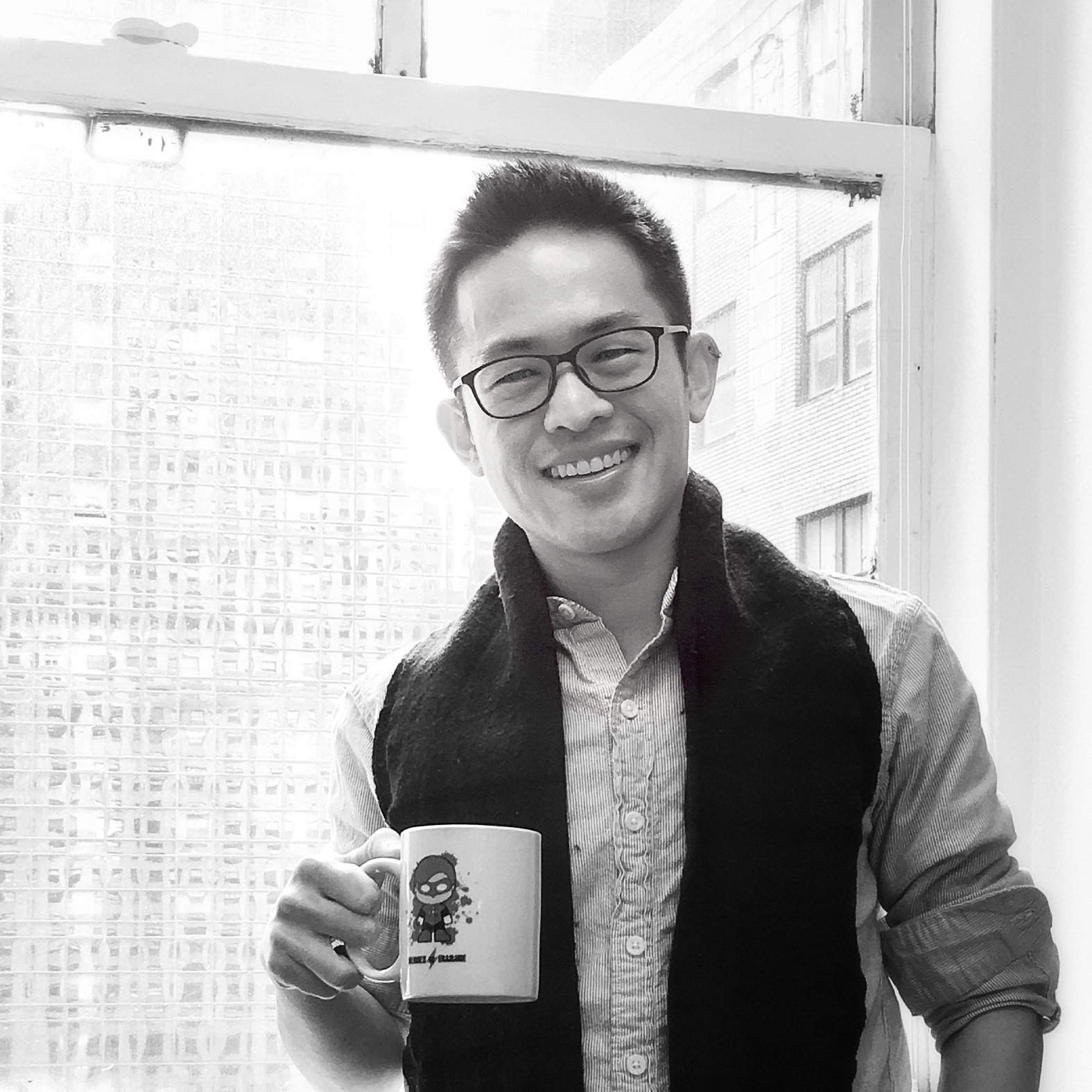

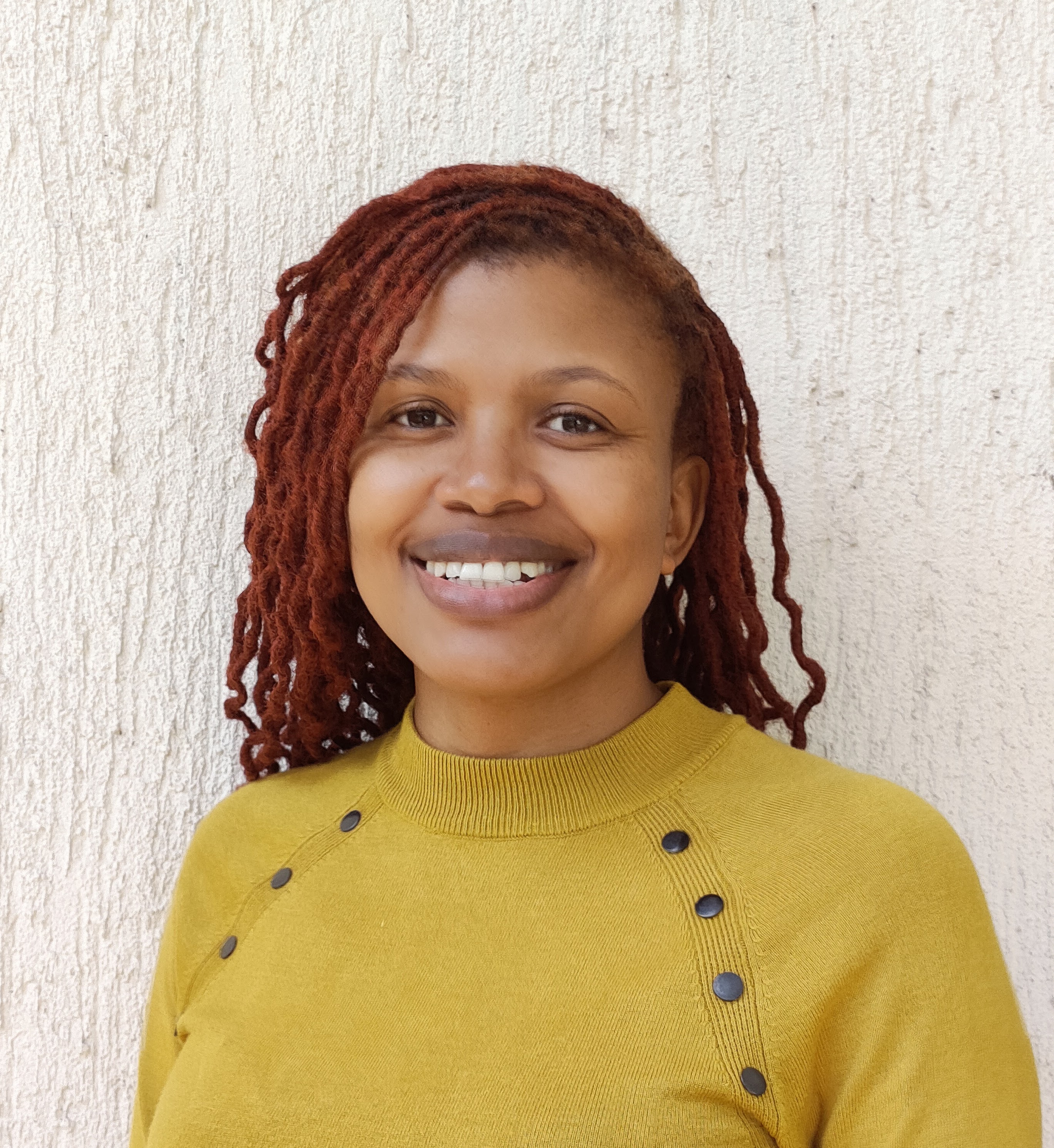
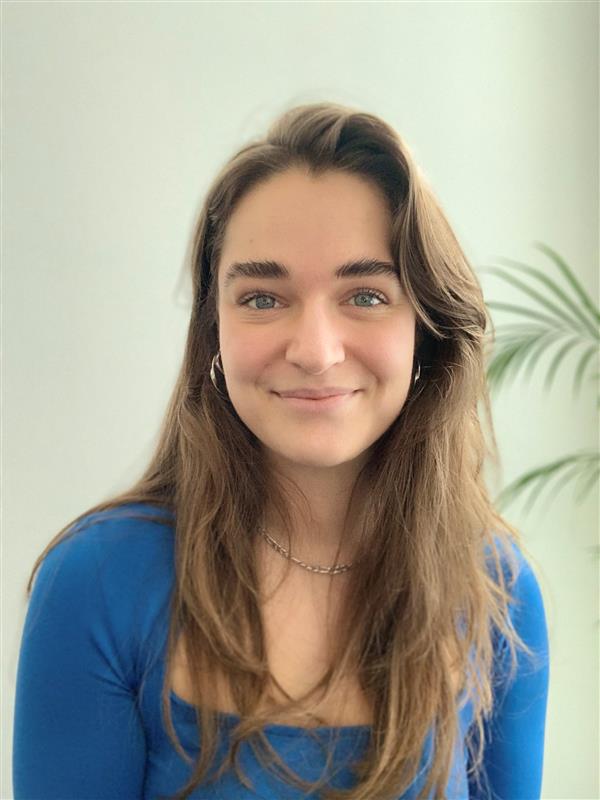
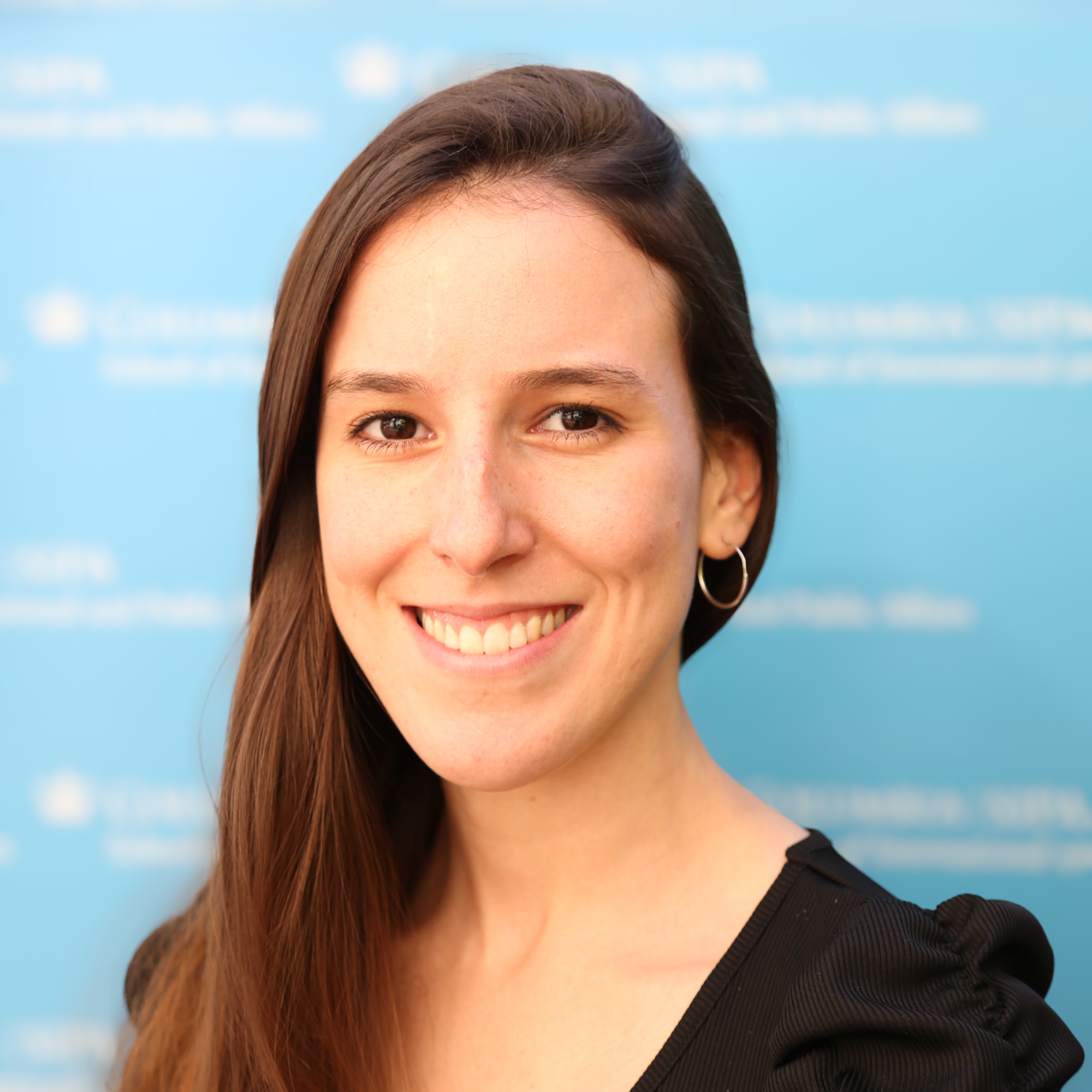

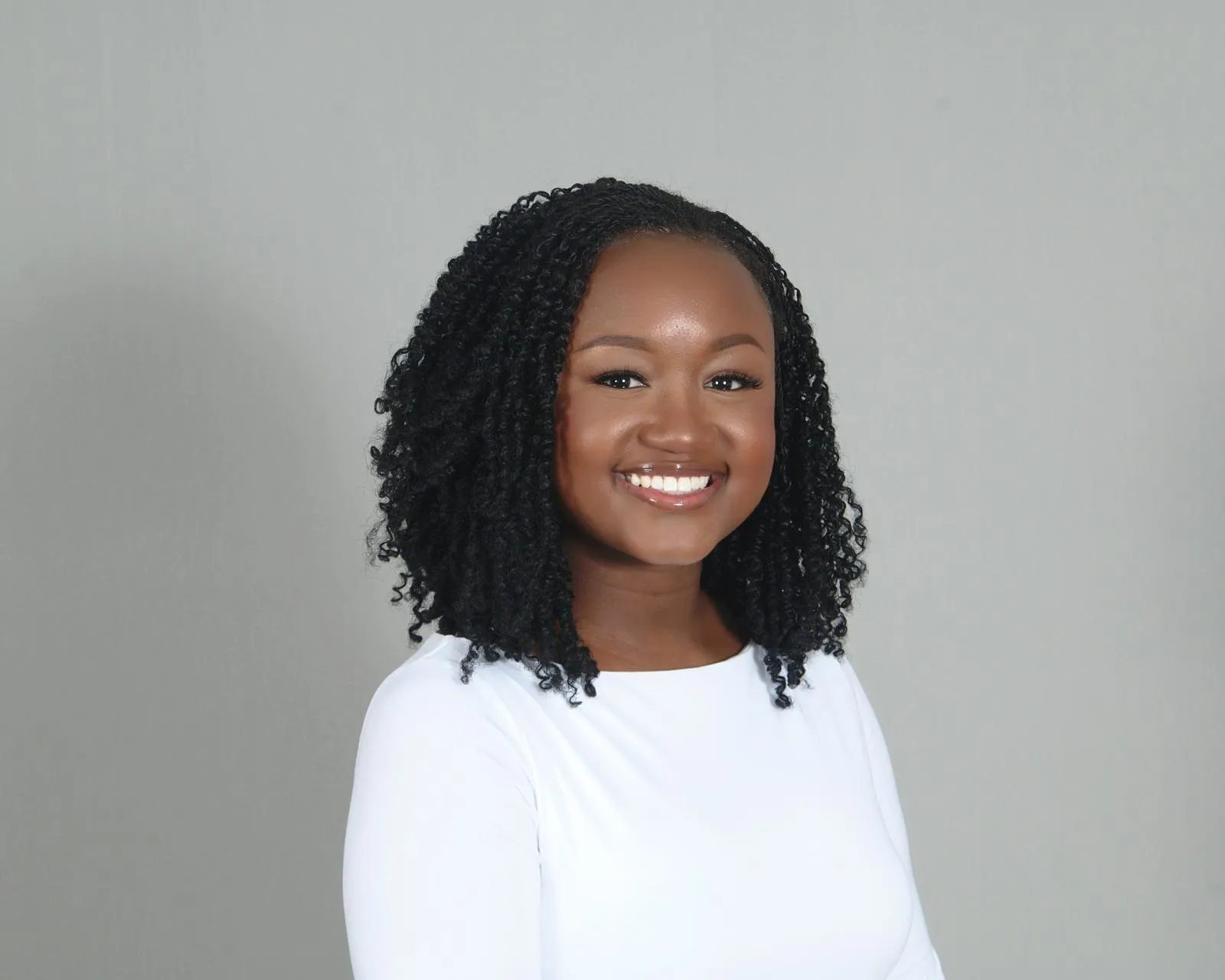
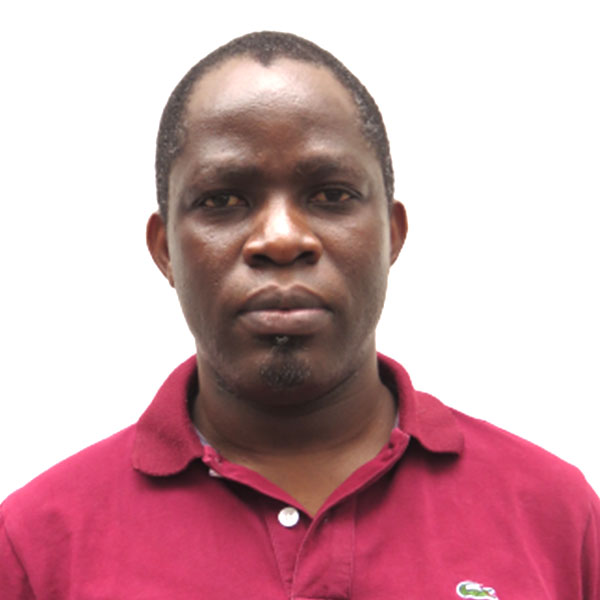
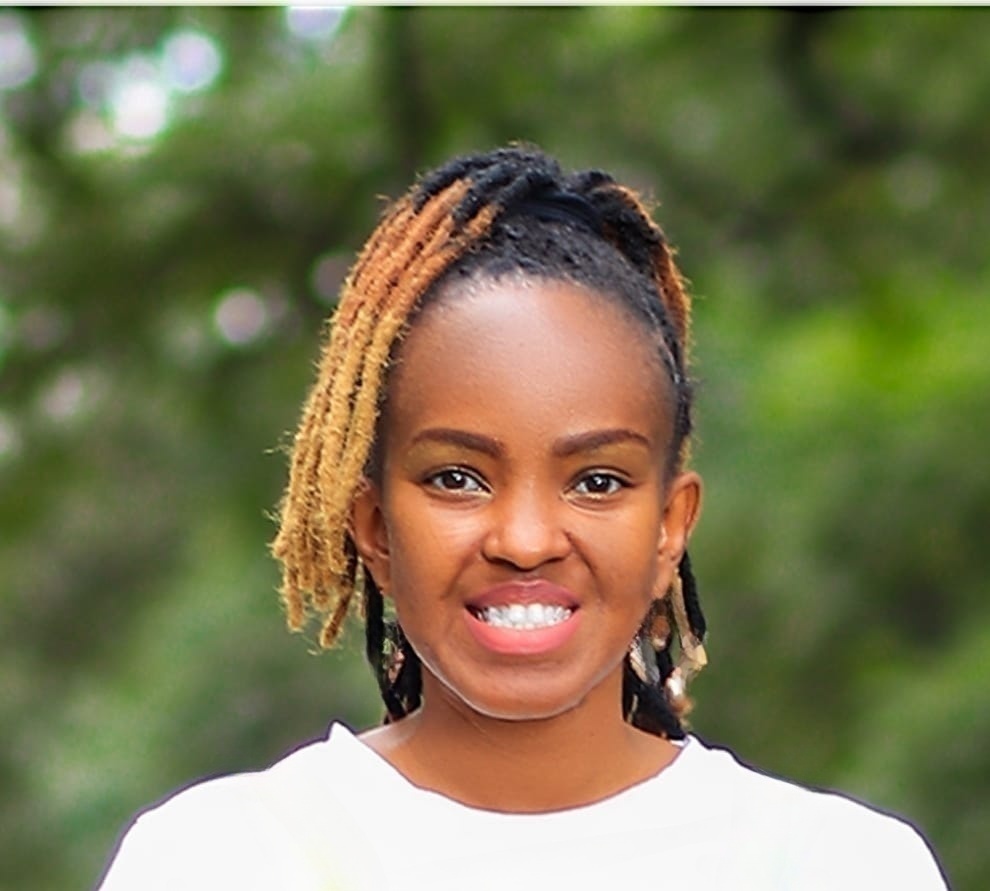


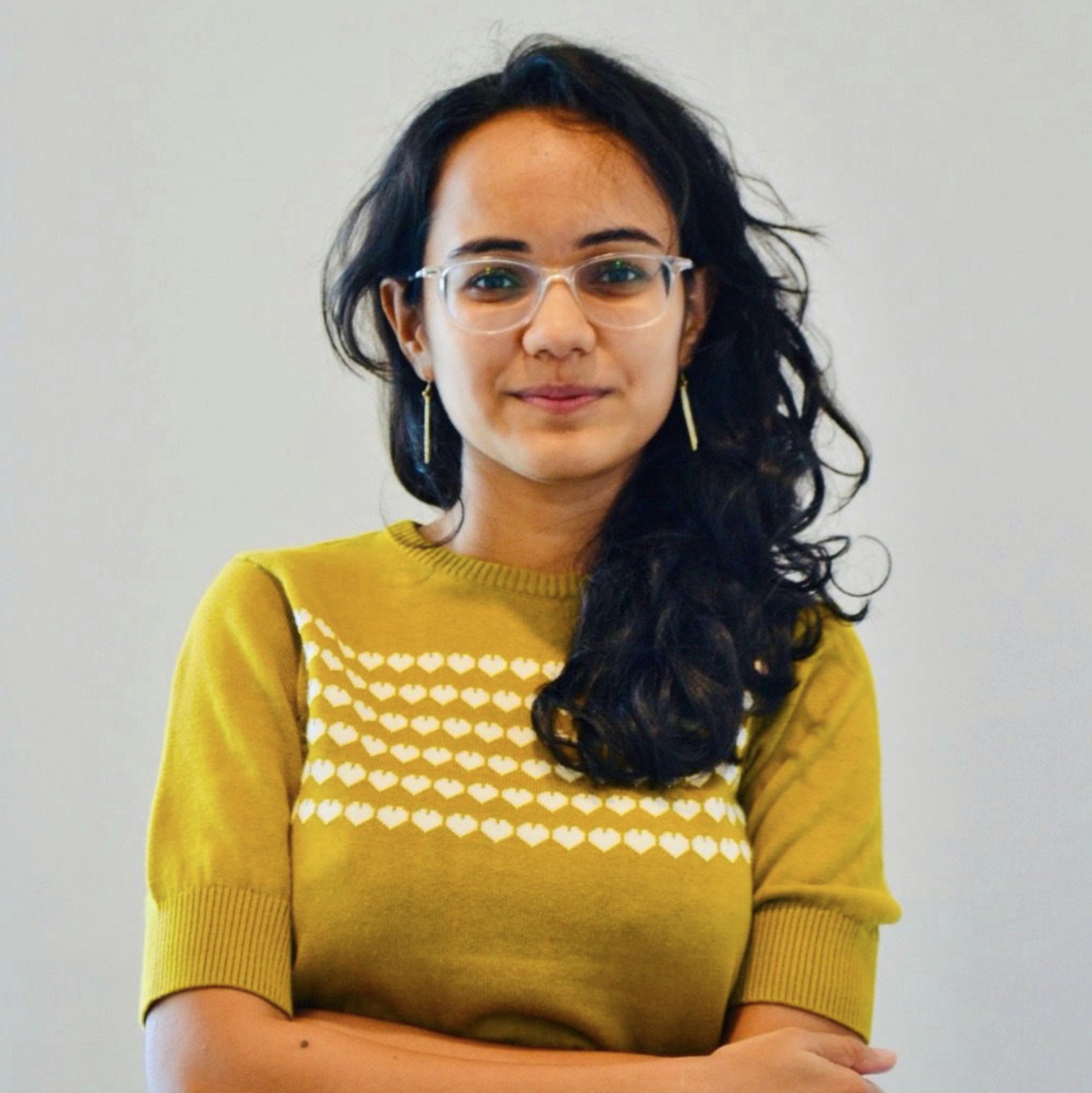

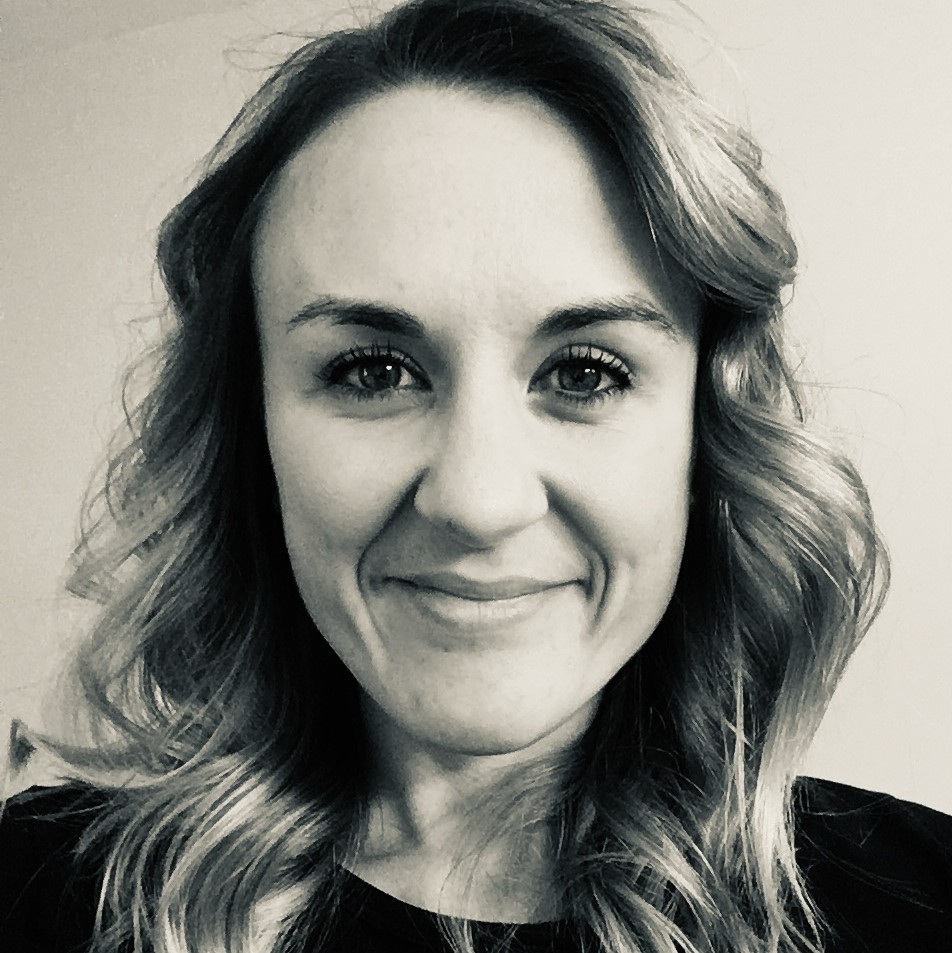
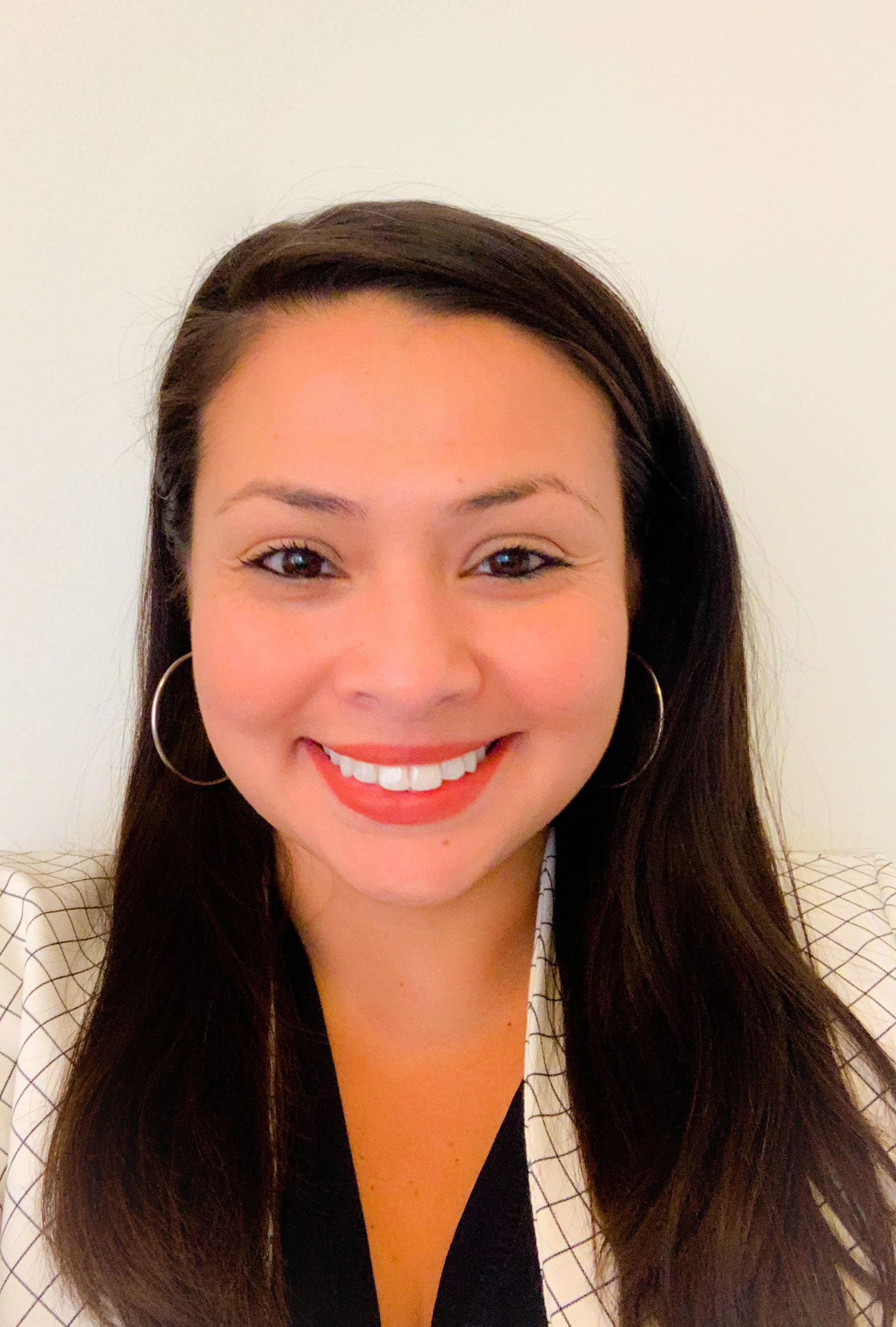

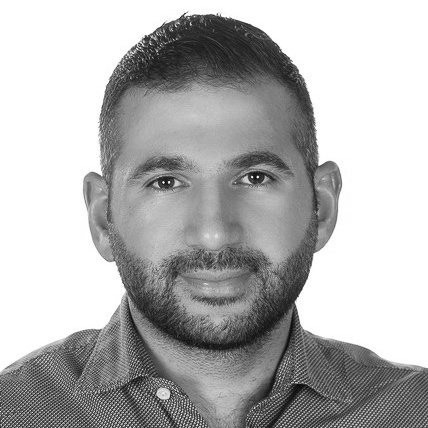
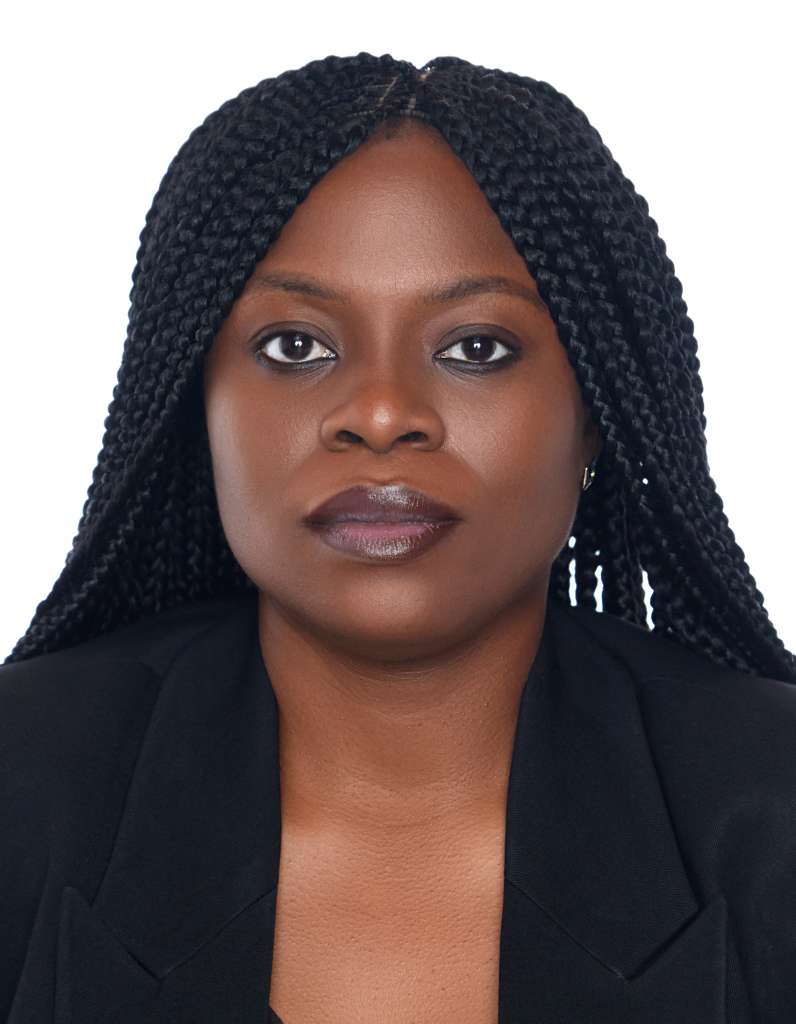
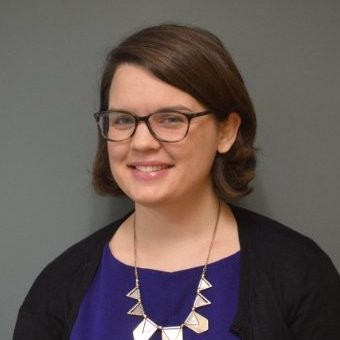
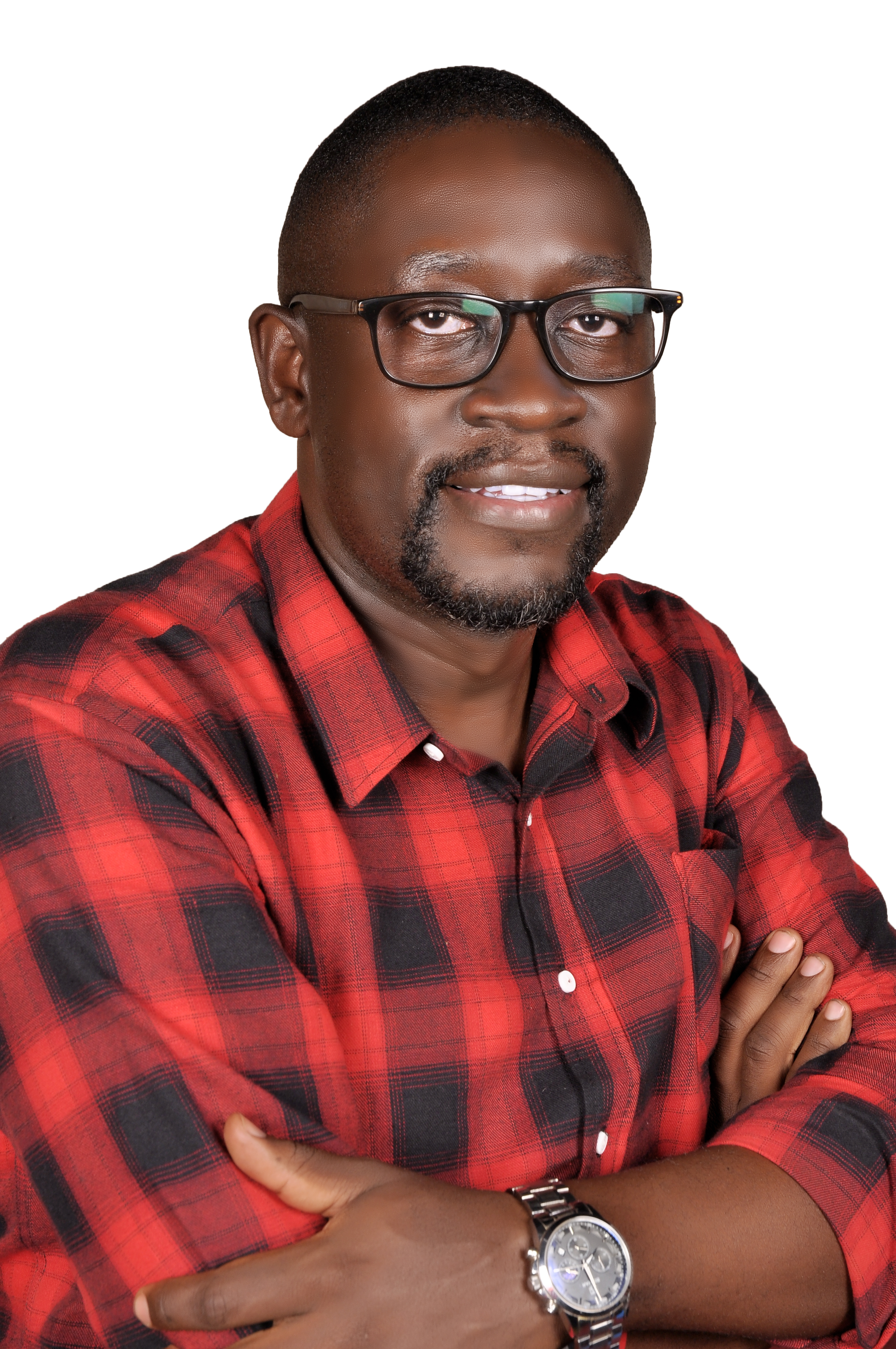
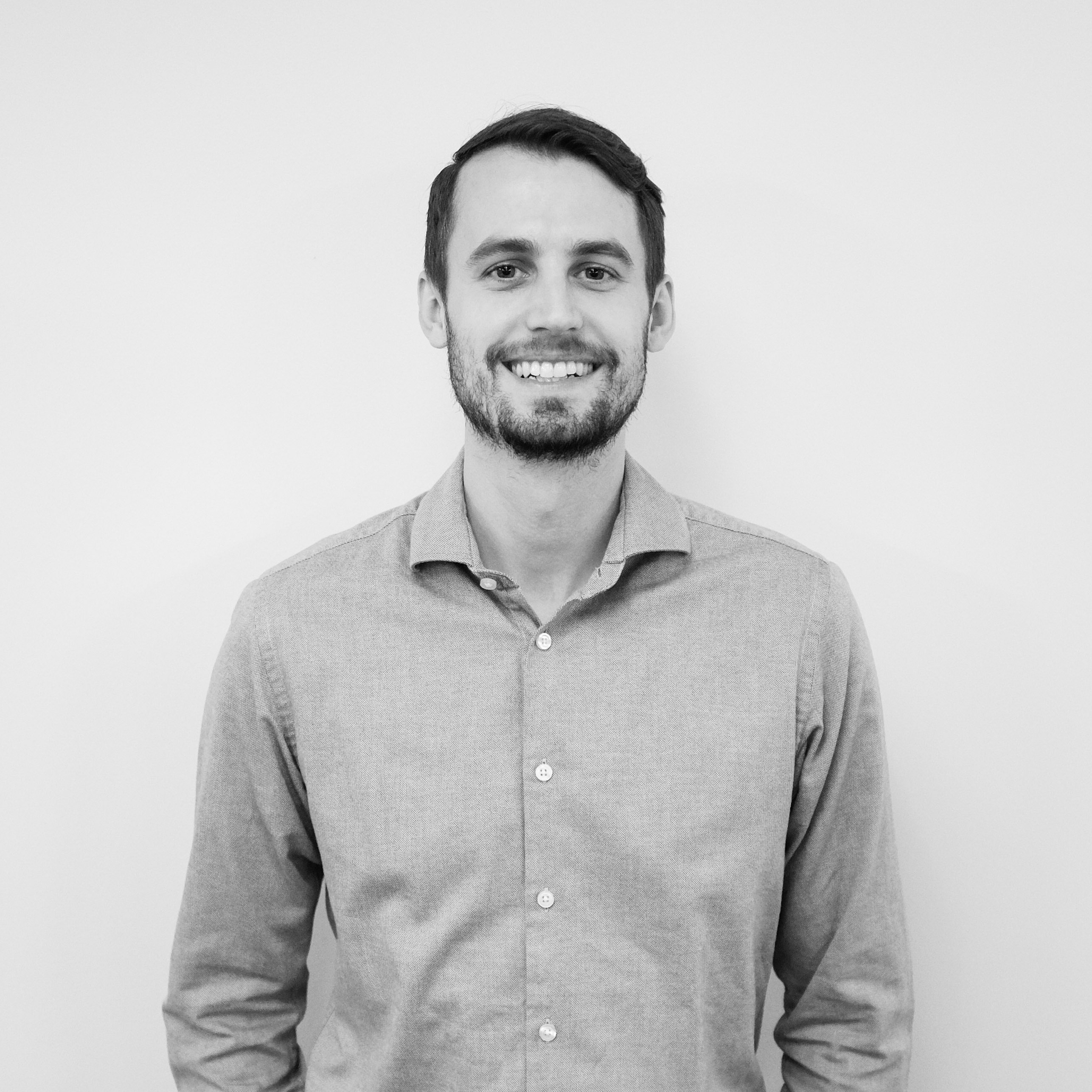
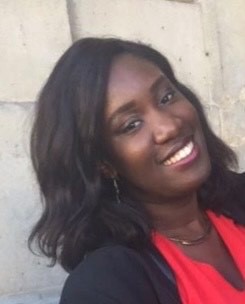
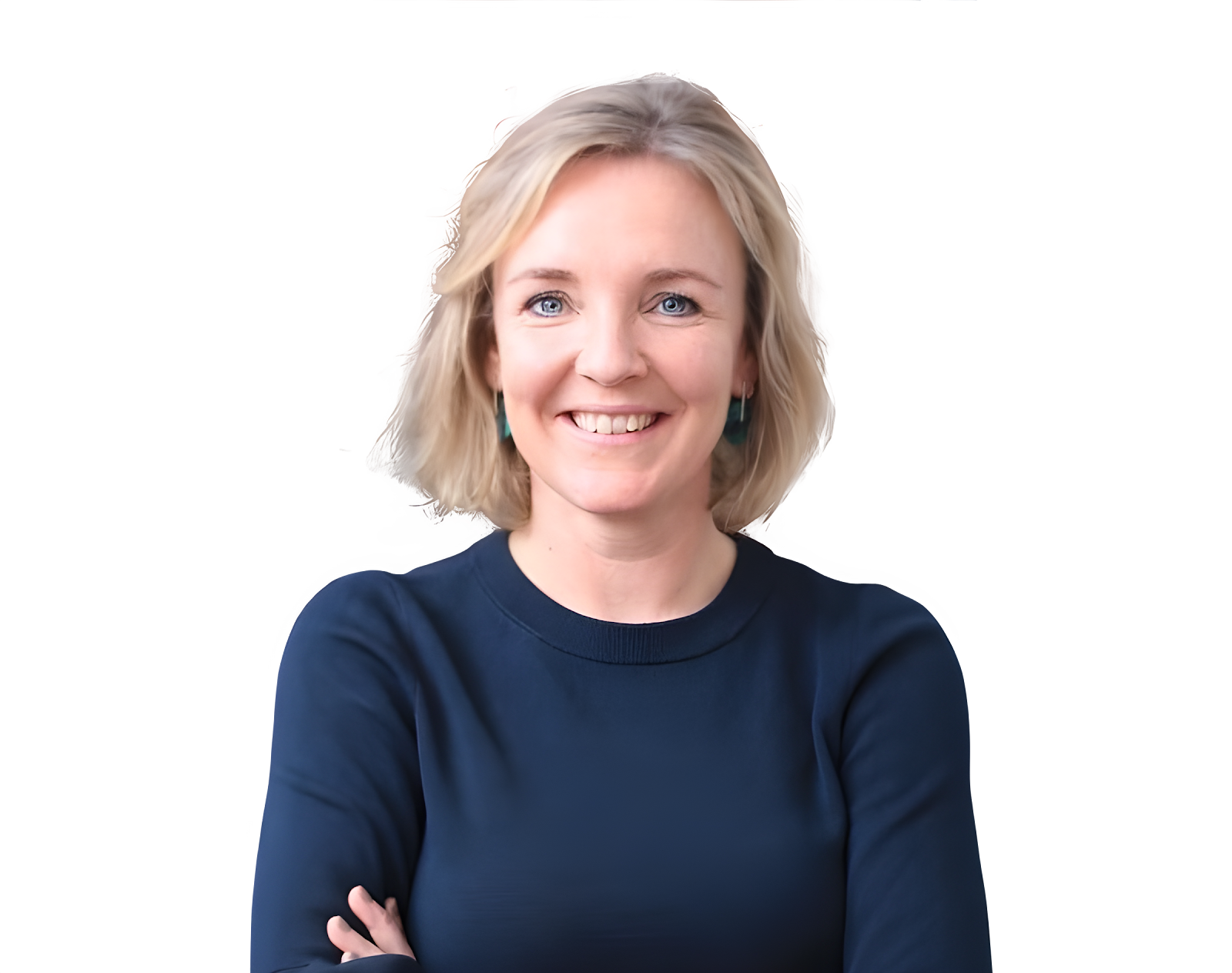


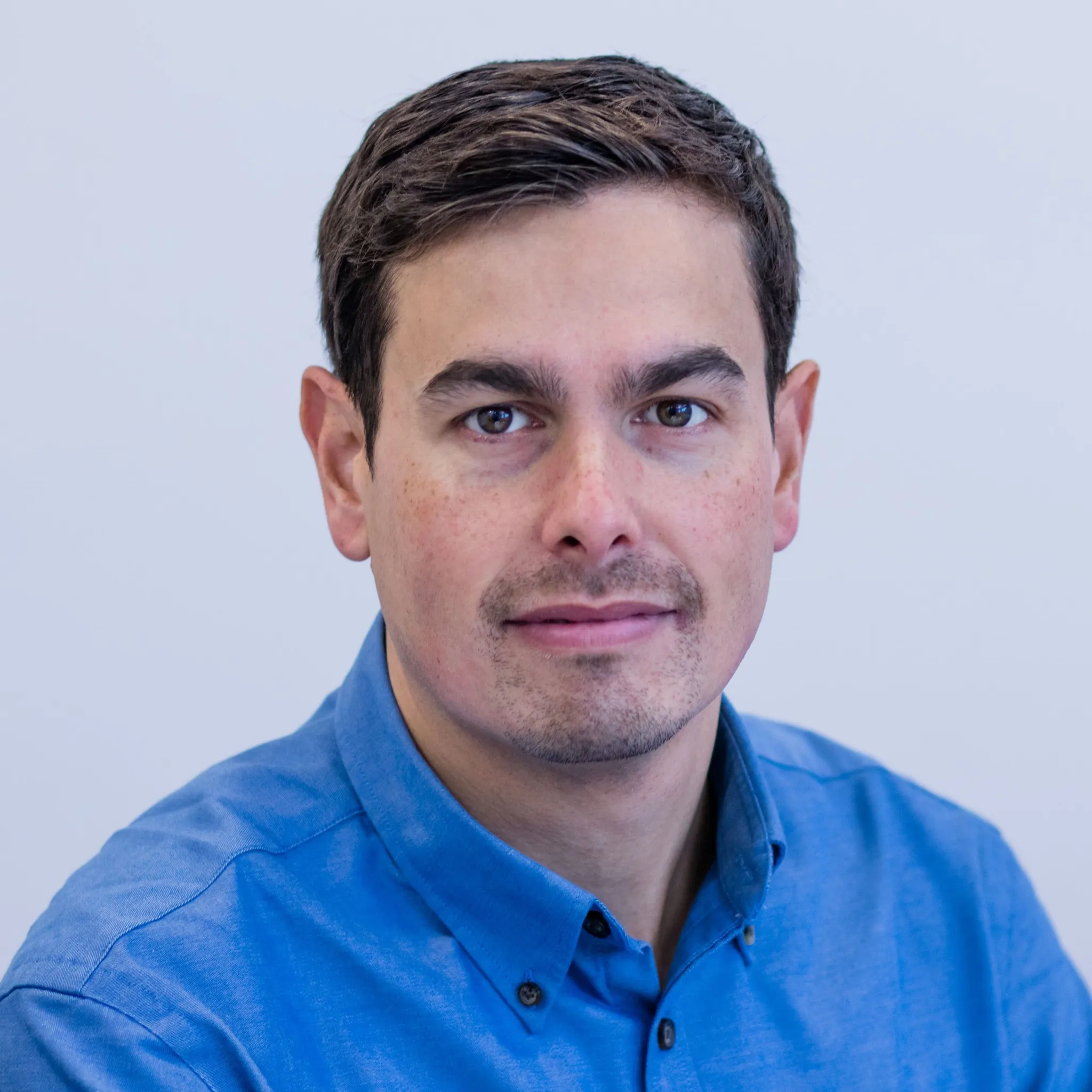

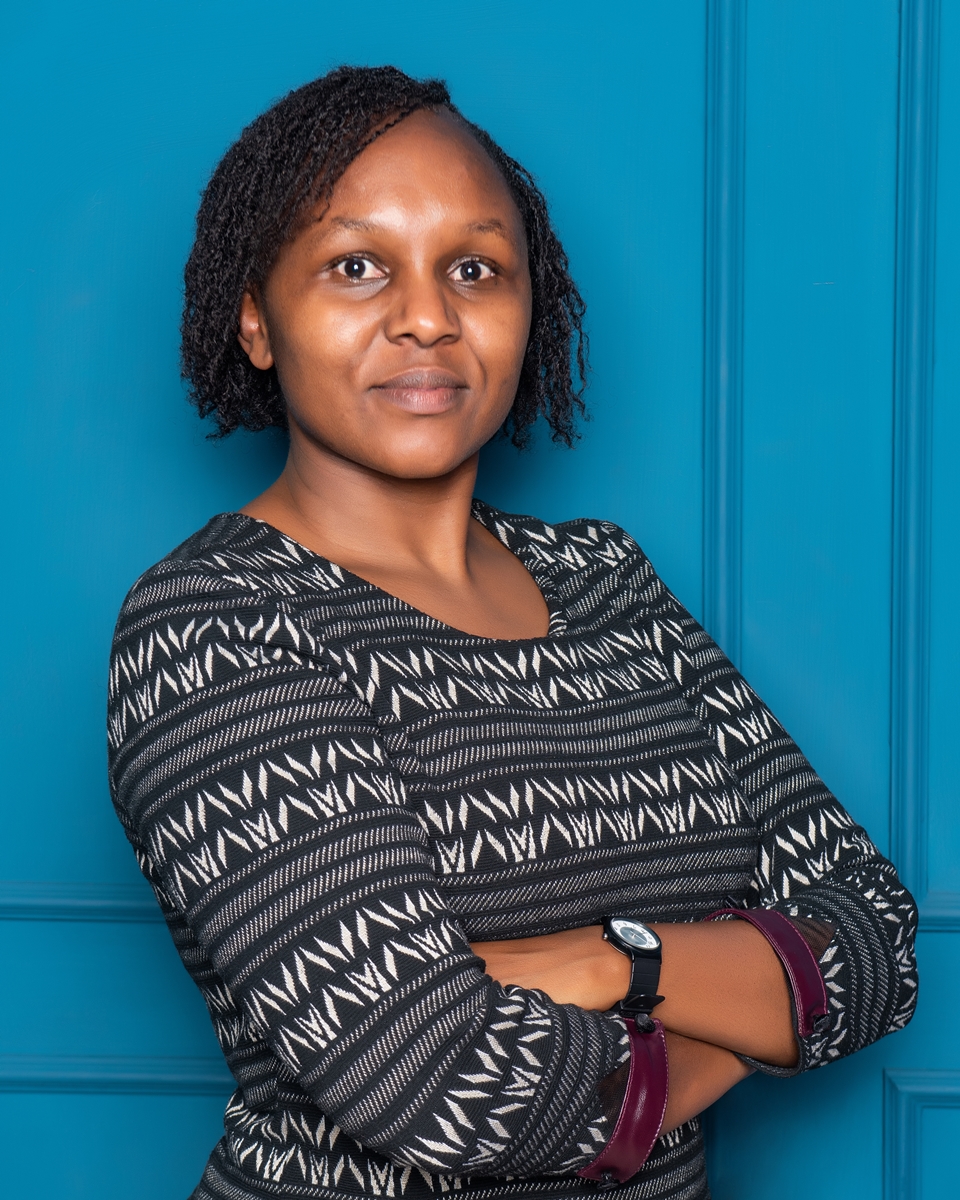
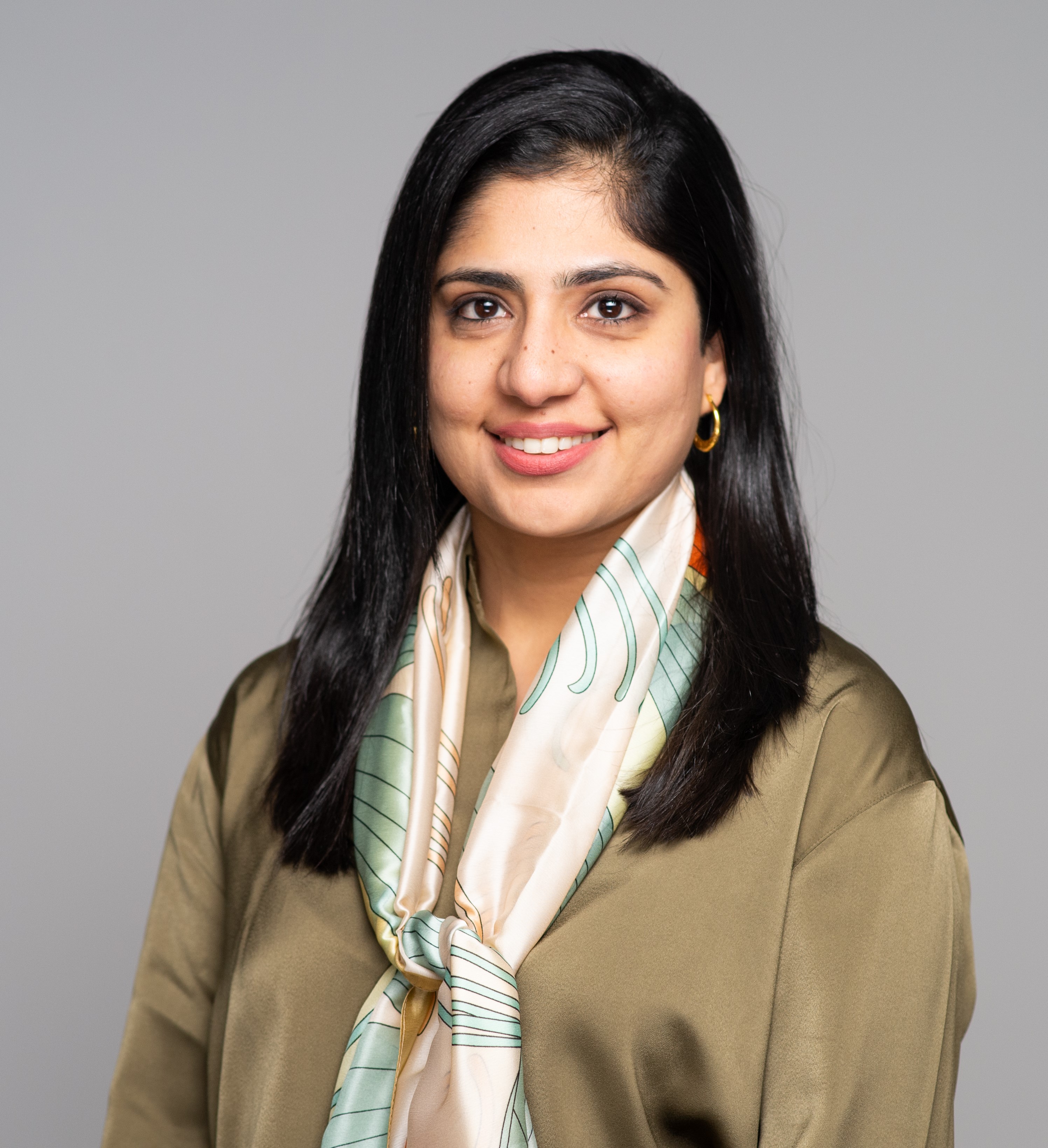
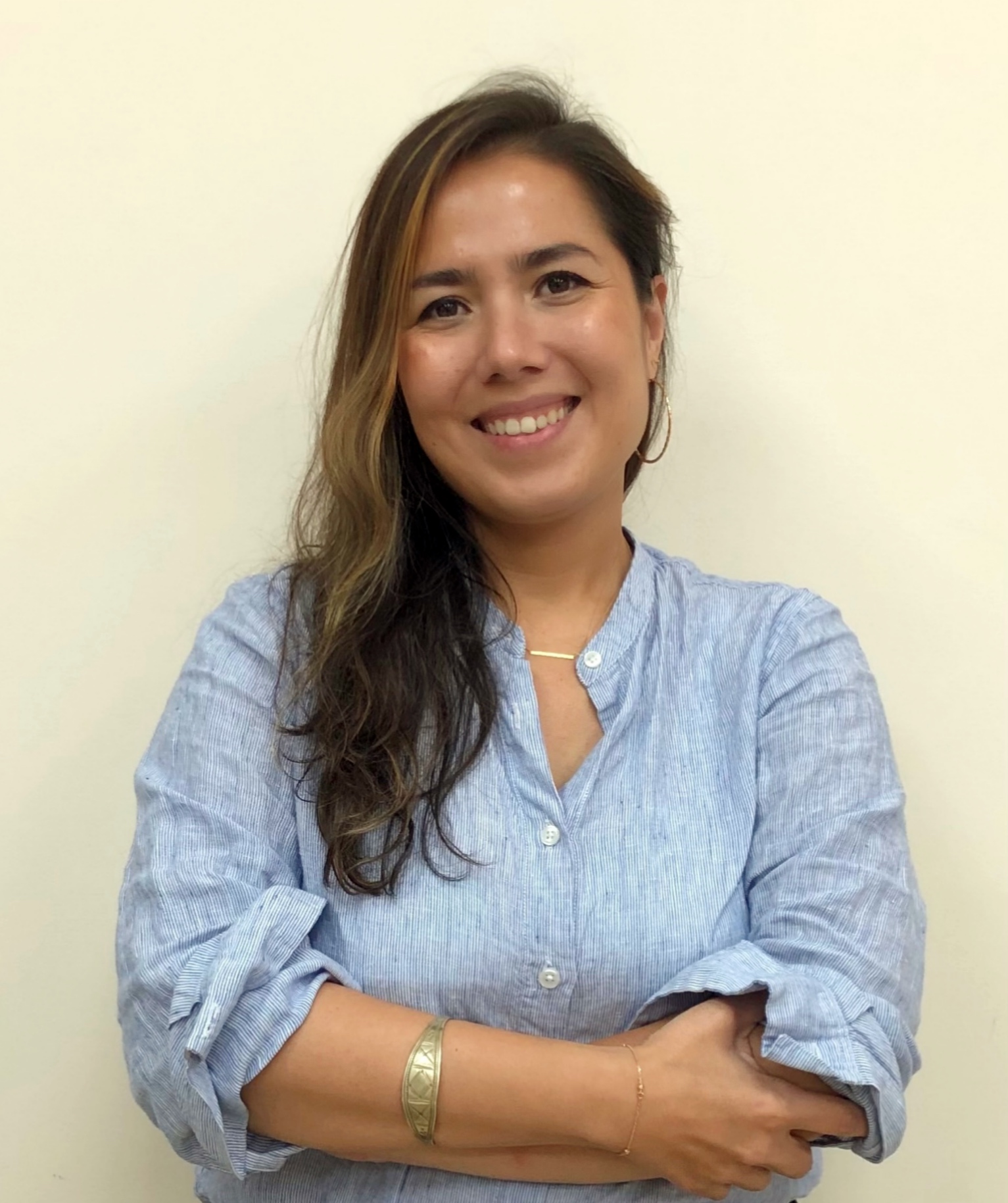
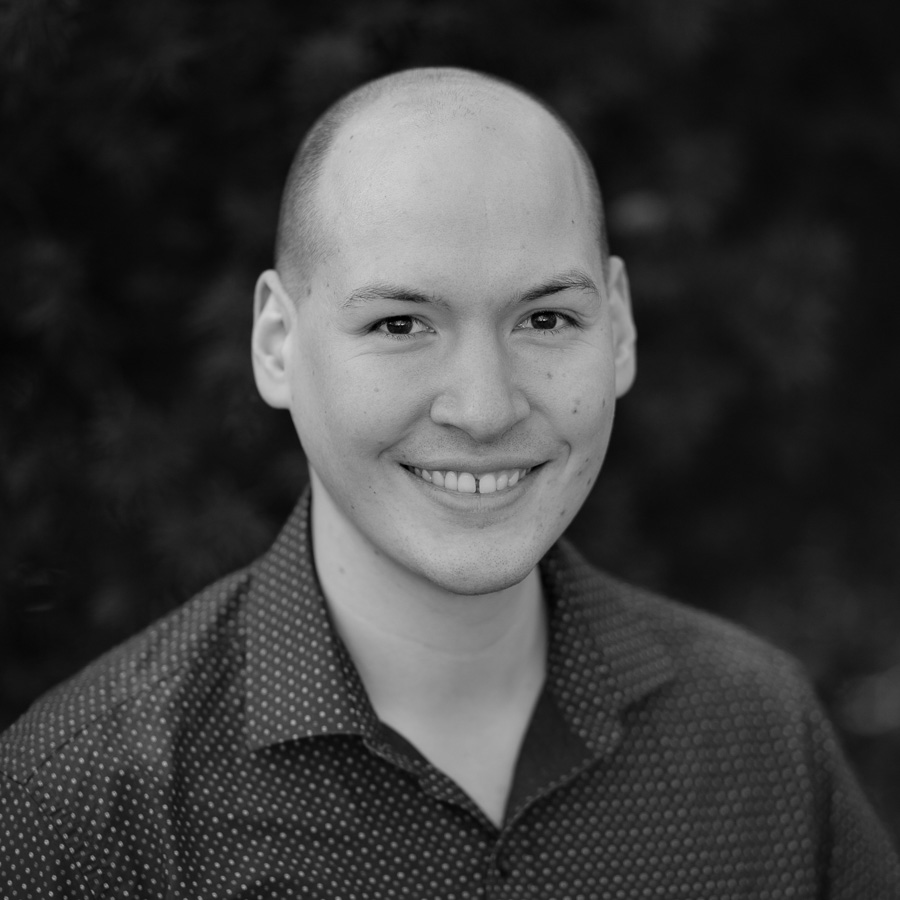
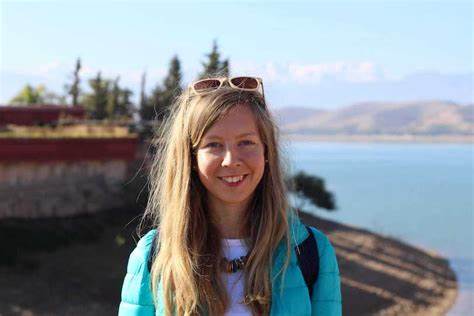
Board & Advisors
- Laurent Desmangles
Board Chair - Investor, Advisor, Board Member, Ex Senior Partner, Boston Consulting Group
- Mohammed Badi
Board Advisor - President of Global Network Services, American Express
- Alan Batkin
Board Advisor - Chair Emeritus of IRC
- Sarah R. Cannon
Board Advisor - General Partner and Head of Europe, Coatue
- Kerwin Charles
Board Advisor - Professor of Economics, Policy, and Management at the Yale School of Management.
- Arnold Chavkin
Board Advisor - Senior Advisor, Pine Brook Road Partners
- Lu Chen
Board Advisor - Managing Director and Partner, Boston Consulting Group
- Ben Cushman
Board Advisor - Senior Board Volunteer
- Sarah LaFleur
Board Advisor - Founder and CEO, MM.LaFleur
- Alex Laskey
Board Advisor - Founder, Executive Chair Rewiring America; Founder, CEO Carecubes
- Stuart Lombard
Board Advisor - Founder and CEO, Ecobee
- Nick McKeown
Board Advisor - SVP and Senior Fellow, Network and Edge Group at Intel, Professor at Stanford University
- Stephanie Mehta
Board Advisor - Editor-in-chief, Fast Company
- Amel Najjar
Board Advisor - Founding Executive Director of Children of War Foundation
- Joseph Tabarani
Board Advisor - Founder and Chief Executive of Principia Analytica
Airbel In Media
-
Fast Company: The most innovative companies in the not-for-profit space for 2025
The International Rescue Committee (IRC) has been named one of Fast Company’s Most Innovative Companies of 2025. We’re thrilled that the work of Airbel Impact Lab played a major role in earning this recognition.
External link -
Stanford Social Innovation Review: The Case for Cost Evidence
Written by Jeannie Annan and Justin Labeille. There will always be a gap between need and funding in the humanitarian sector. How can we do more for the hundreds of millions of people who need aid? We need to maximize impact for every dollar spent.
External link -
Impact Alpha: New Tools for humanitarian relief in crisis zones
This covers the projects from the Innovative Finance team at Airbel with Ellen Brooks: “We’re trying to get people to cross over sectors and share complementary skills and capacities so that the outcome of an investment is greater than the sum of its parts.”
External link -
Reuters: OpenAI offers nonprofits discounts on corporate ChatGPT product
OpenAI has granted $250,000 to the IRC, a New York-based nonprofit that helps those affected by humanitarian crises, such as the war in Ukraine. The funds will go towards developing an education chatbot built on OpenAI technology to assist educators in crisis zones.
External link -
Toronto Star: More funding to tackle humanitarian crises is vital. But so too is leadership in how aid money gets spent
By being more intentional about how its humanitarian funding is used, Canada can shift the way that other countries operate too.
External link -
FORTUNE: How the private sector can scale humanitarian action
The bottom line: If we’re going to solve the world’s big problems and scale solutions, we need all hands on deck. Because current funding frameworks are unsustainable, we need investment capital and finance, and the inherent efficiency and sustainability they bring. Philanthropy, government, and NGOs are part of the solution, but they can’t do it all and can’t do it all separately—we need to better link private sector dollars to the work of these partners, even in the most challenging contexts.
External link -
PODCAST: Applying BI in Humanitarian Settings
Britt Titus interview with UBC’s ‘Calling Dibs’ podcast applying BI to wicked problems in humanitarian settings around the world. These problems and settings require modifications to the standard BI approach to problem-solving. Britt walks us through how her team at the IRC has expanded the problem scoping phase to spend time: (1) validating assumptions with a variety of involved parties and (2) identifying leverage points that maximize impact and feasibility.
External link -
Devex: Climate-resilient seeds offer farmers in Syria a path to food security
In Syria, almost 14 years of conflict and the increasing impacts of climate change have ravaged the land, creating an increasingly difficult place for farmers to cultivate. It’s taken a particular toll on seeds. Improving seed quality is a key part of the solution, and a pilot project to boost farmers’ access to high-quality, climate-resilient seeds could offer some hope — and the positive effects could reach far beyond farmers.
External link -
Devex: How a new collaborative investment model can scale humanitarian funding
The International Rescue Committee is running pilots in several countries to show how a fresh model can get investors and humanitarians working better together. IRC’s Ellen Brooks Shehata explains what it means on the ground.
External link -
PBS: New aid delivery method aims to send help ahead of disasters
Africa’s first climate summit begins Monday in Kenya with the goal of better preparing the continent for climate disasters. When these disasters strike, aid often pours in from around the world. A new method of delivering aid uses technology to help predict the greatest need and send it in advance. Babatunde Ojei, Nigeria director for the International Rescue Committee, joins Ali Rogin to discuss.
External link -
Washington Post: David Miliband and Sherrie Westin on helping children in conflict zones continue to learn
“If you invest in children earlier it has outsized benefit… When you do combine in-person services, even if delivered remotely, tailored services, but also the wraparound of a fantastic media TV series you get… fully a year’s worth or pre-educational progress in the space of 11 weeks.”
External link -
PODCAST: Can technology help rebuild after disasters?
Airbel's Atish Gonsalves is interviewed by podcast 'Technology Untangled' on EdTech solutions at the IRC.
External link -
Devex: Why the world needs to 'wake up' to the malnutrition crisis
A global plan to scale access to ready-to-use therapeutic foods is among solutions needed, says International Rescue Committee’s David Miliband in a call for a stronger global response to hunger.
External link -
Newsweek: A Simple Solution to Save Millions of Children From Wasting Away
The alarm has sounded: Famine is stalking the Central Sahel and the Horn of Africa. Across both regions, UNICEF projects that some 6.4 million children will experience severe wasting, the painfully accurate term for what happens to children experiencing severe acute malnutrition. Globally, severe wasting is responsible for one in five deaths among children under age 5, making it one of the most serious threats to children in the world today. But unlike many global problems, the solution to child wasting is staring us in the face. A daily dose of low-cost, ready-to-use therapeutic food – RUTF – will save the vast majority of children suffering from wasting, if we reach them in time.
External link
Partner with us
We collaborate closely with hundreds of partners on our research and innovation projects. Work with us to tackle the world's most pressing humanitarian challenges.
Learn More